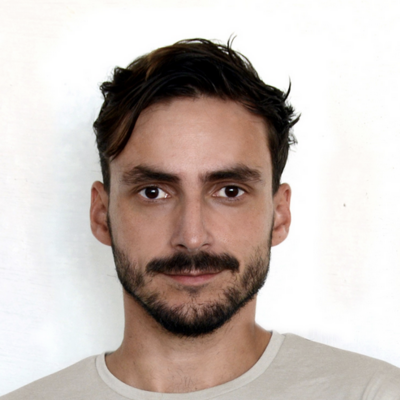

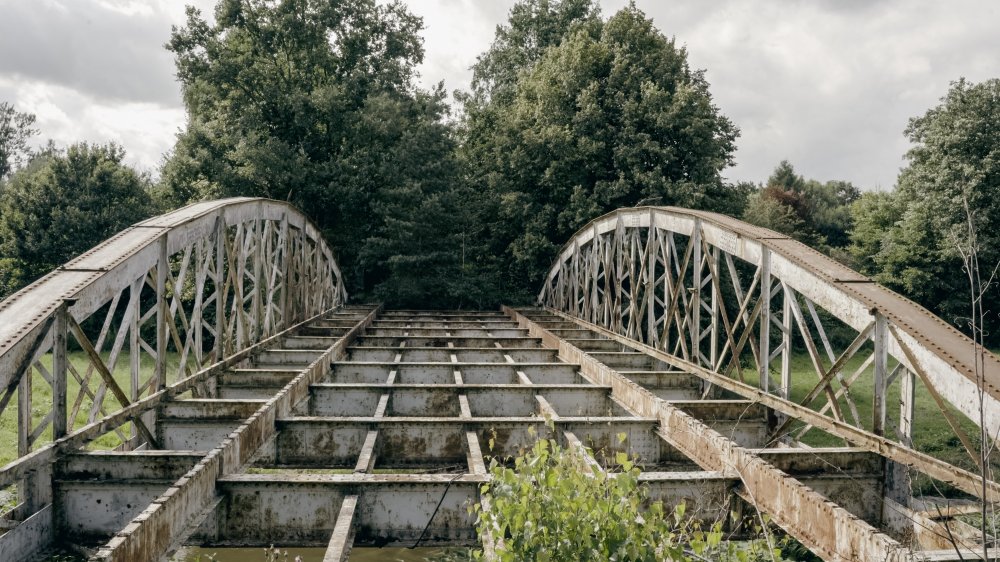
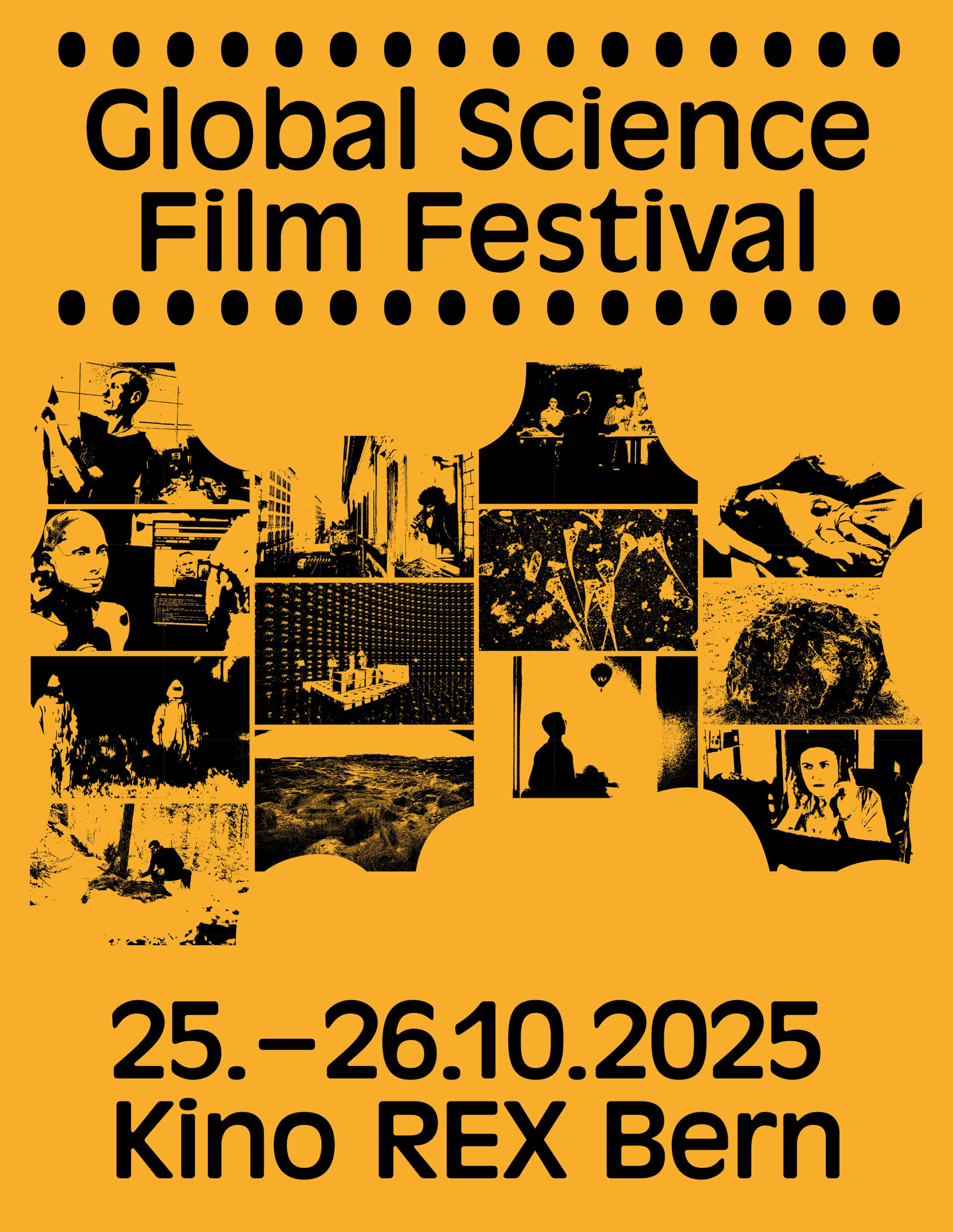
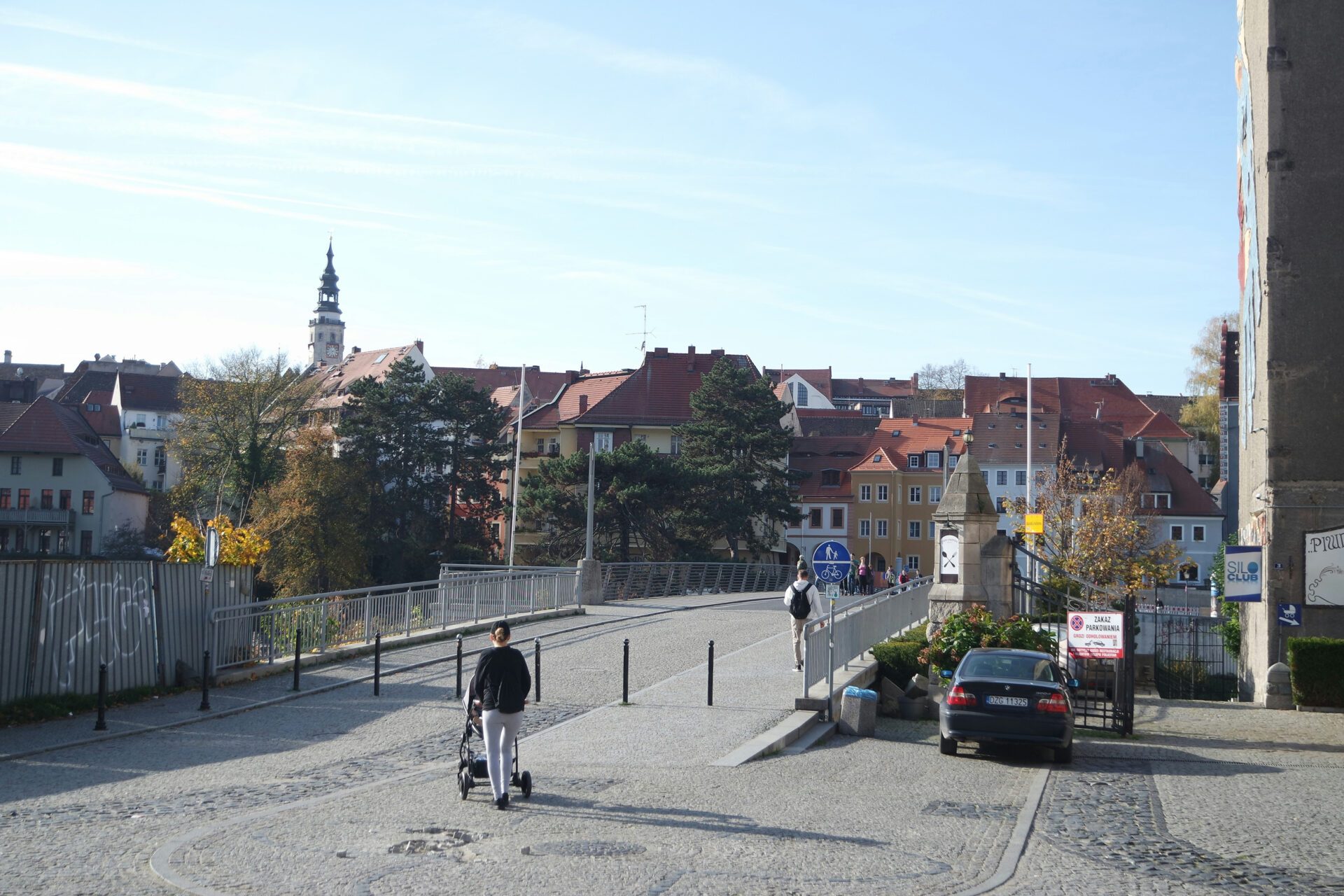
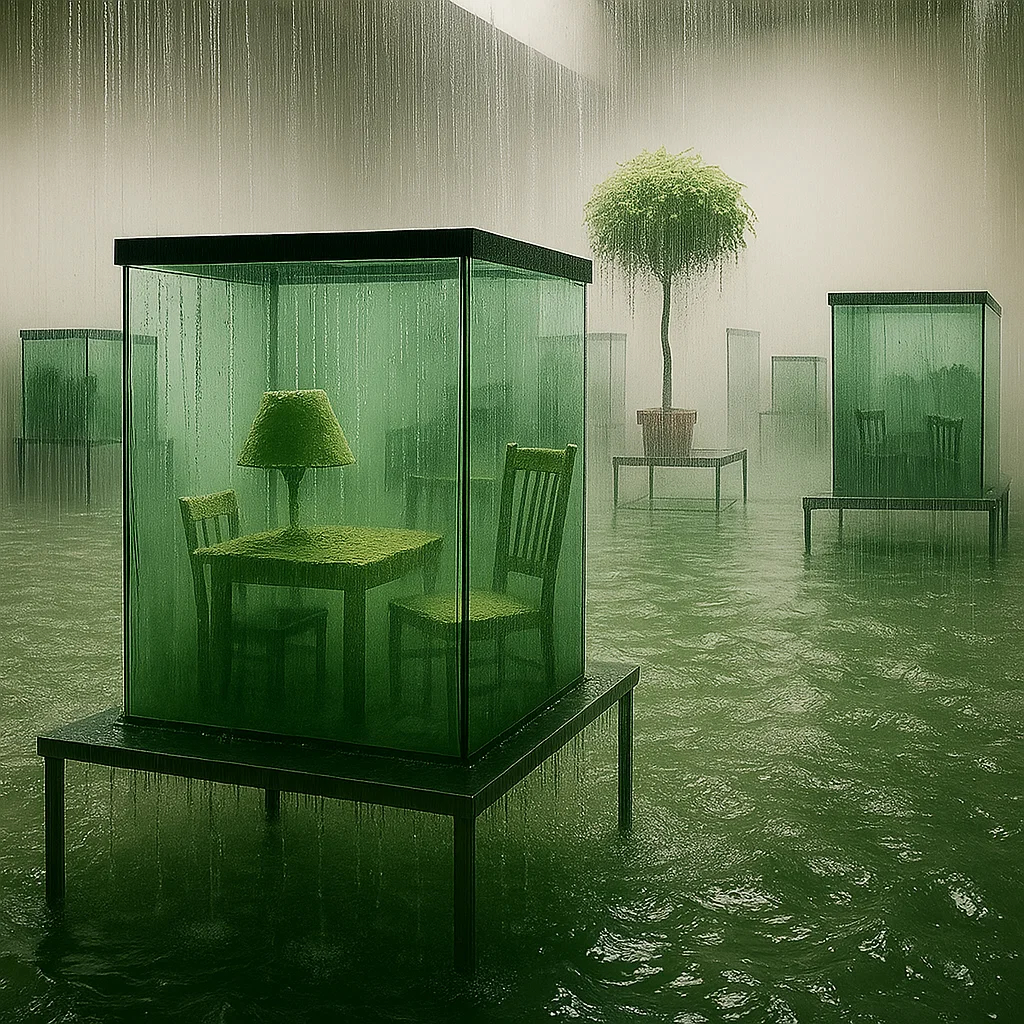


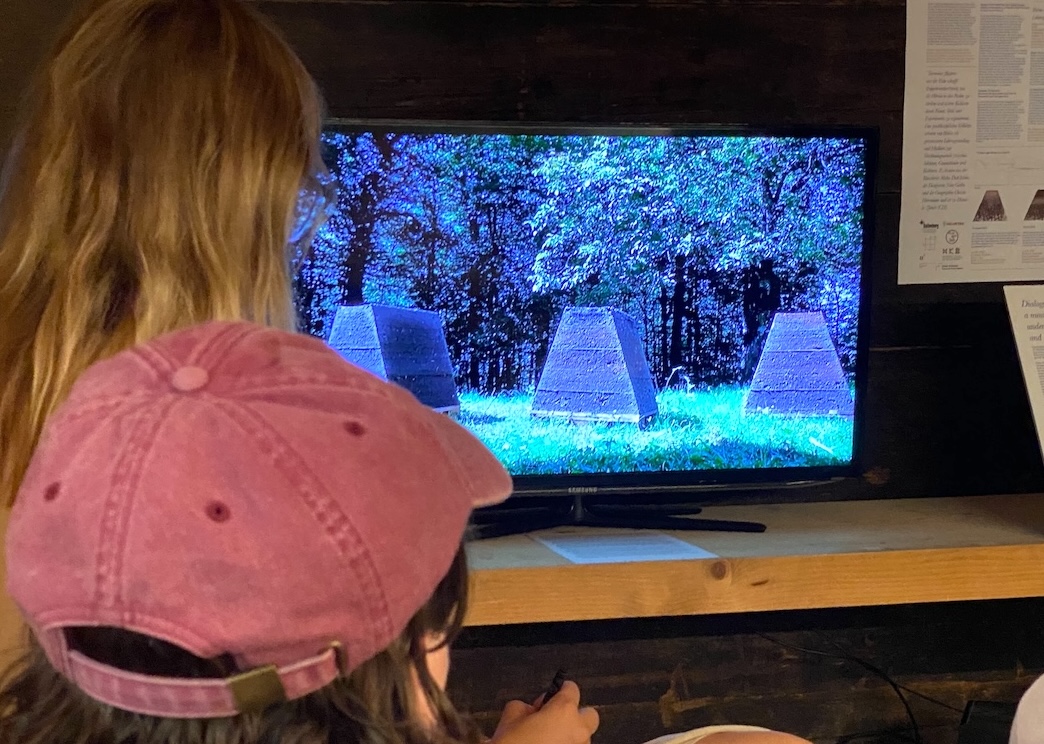

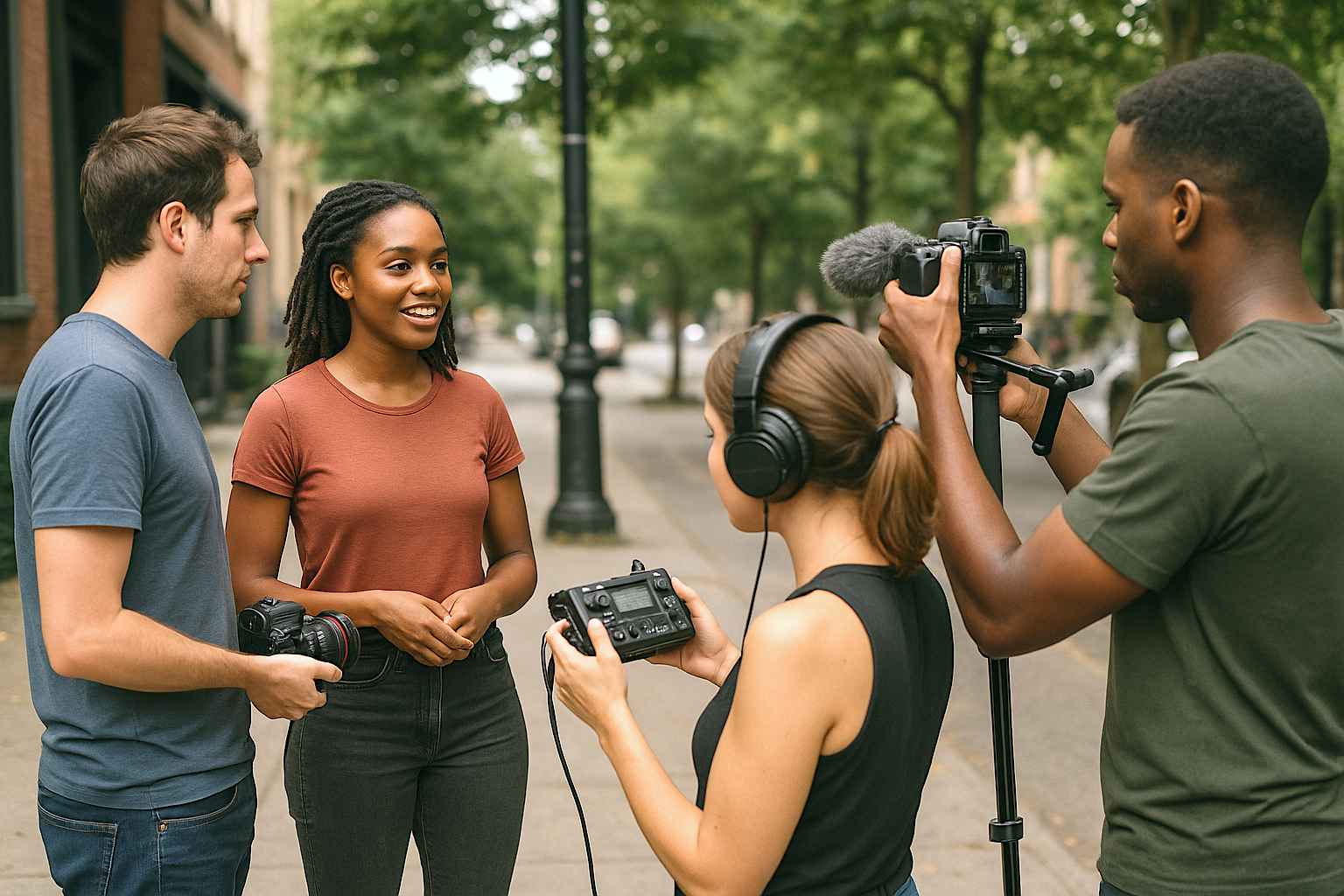
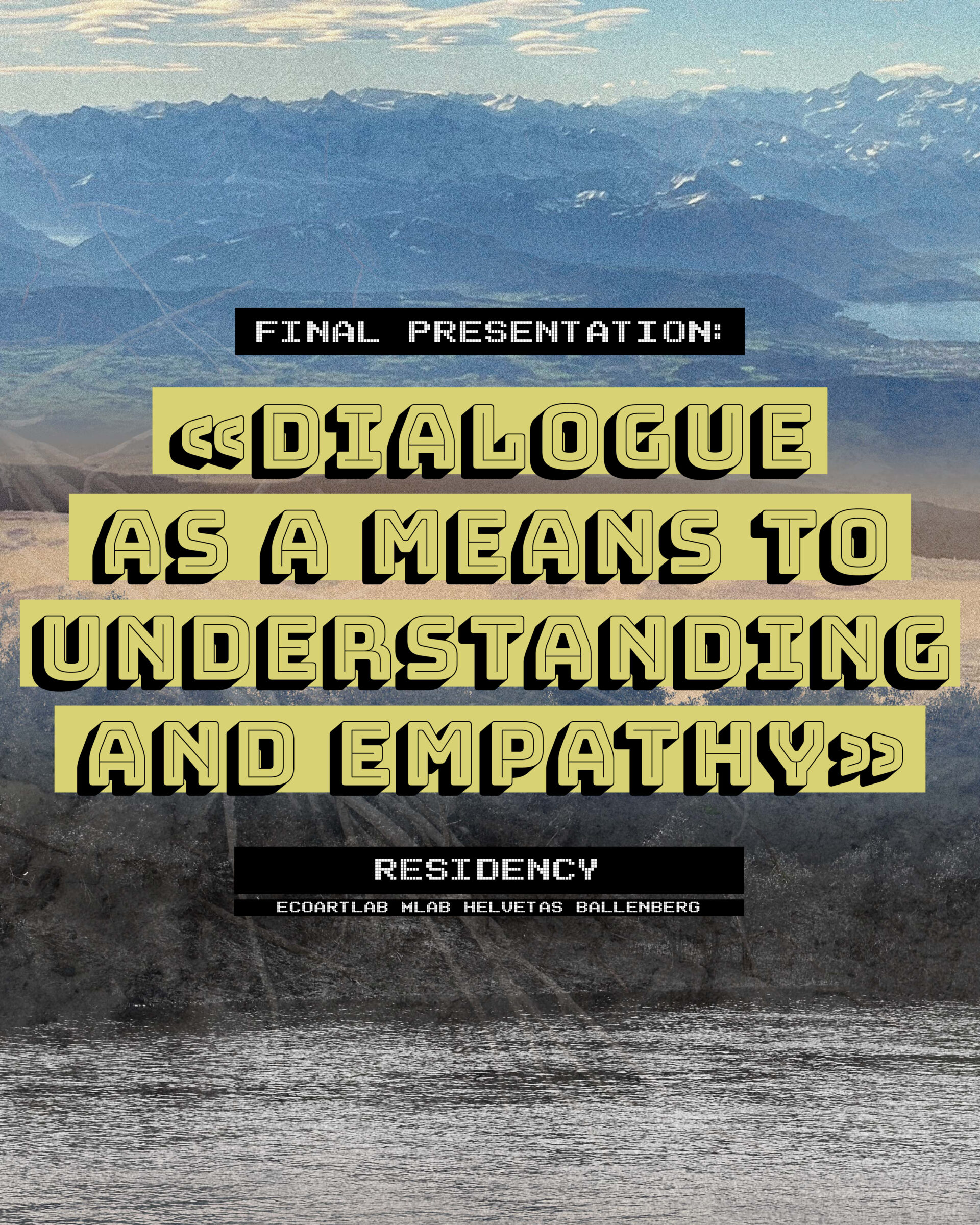
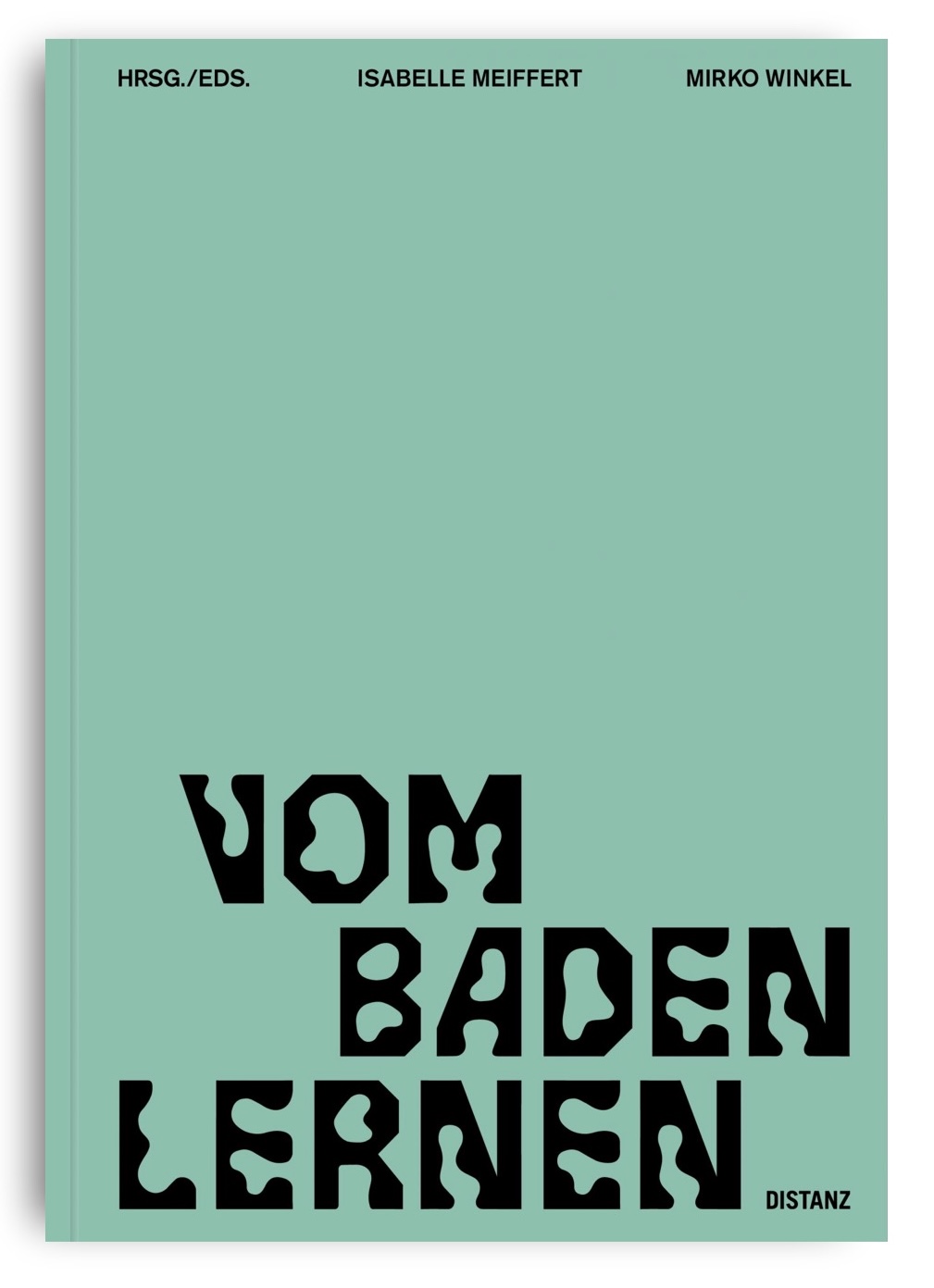
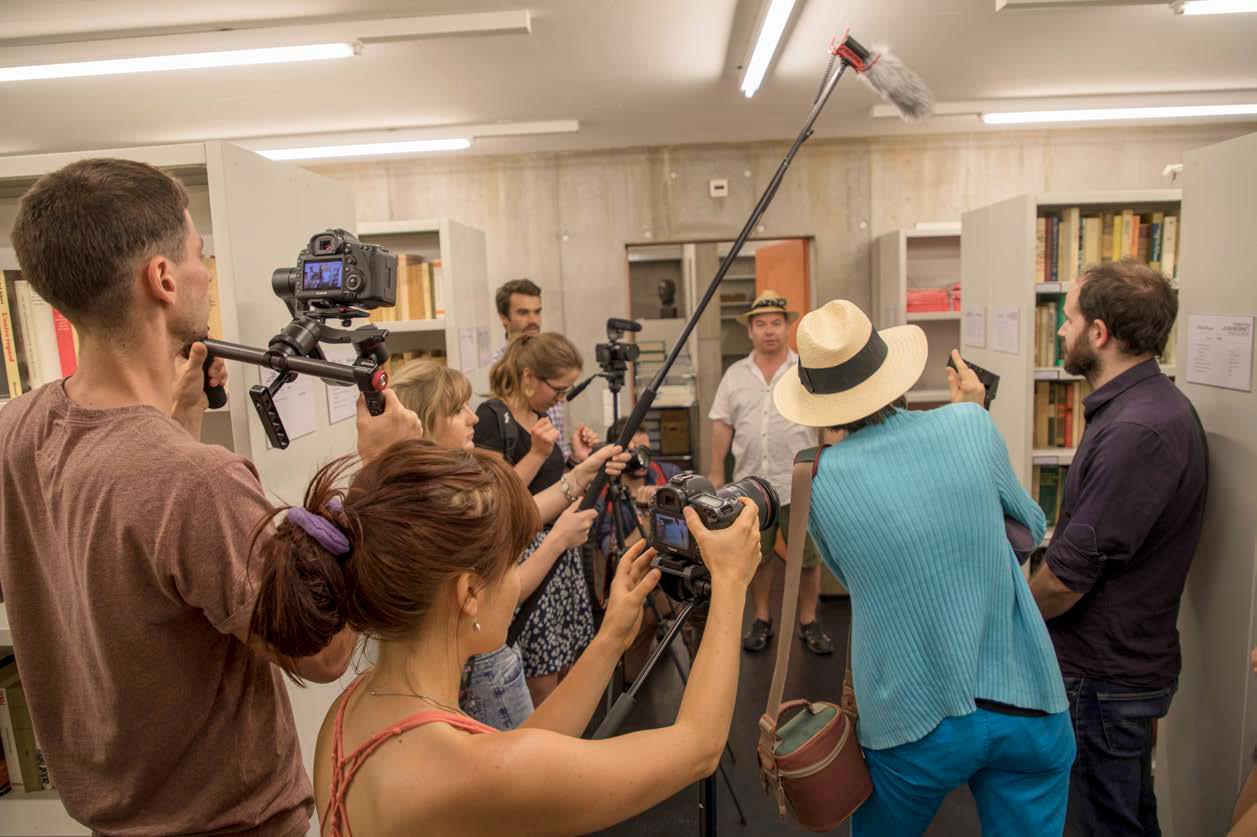
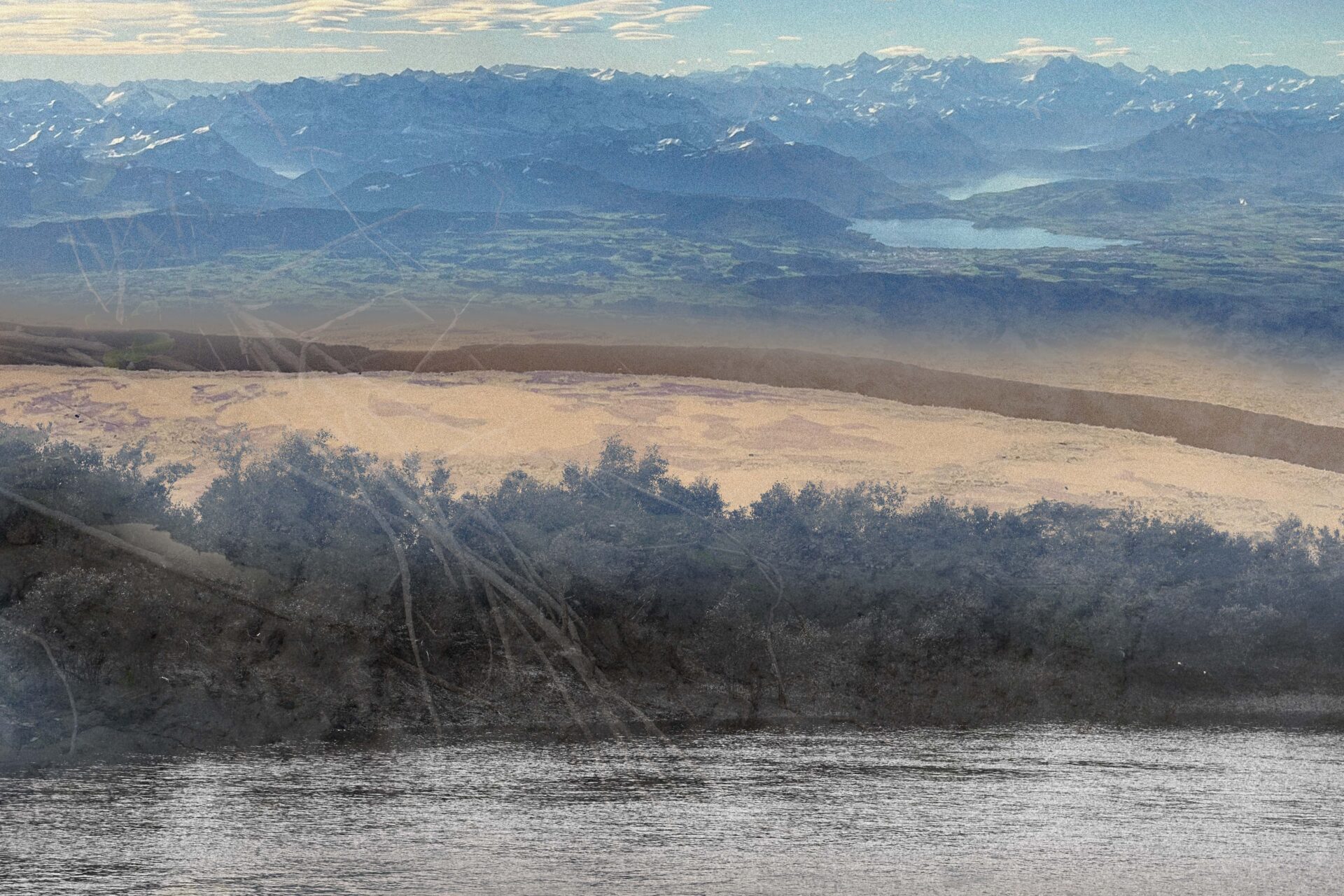
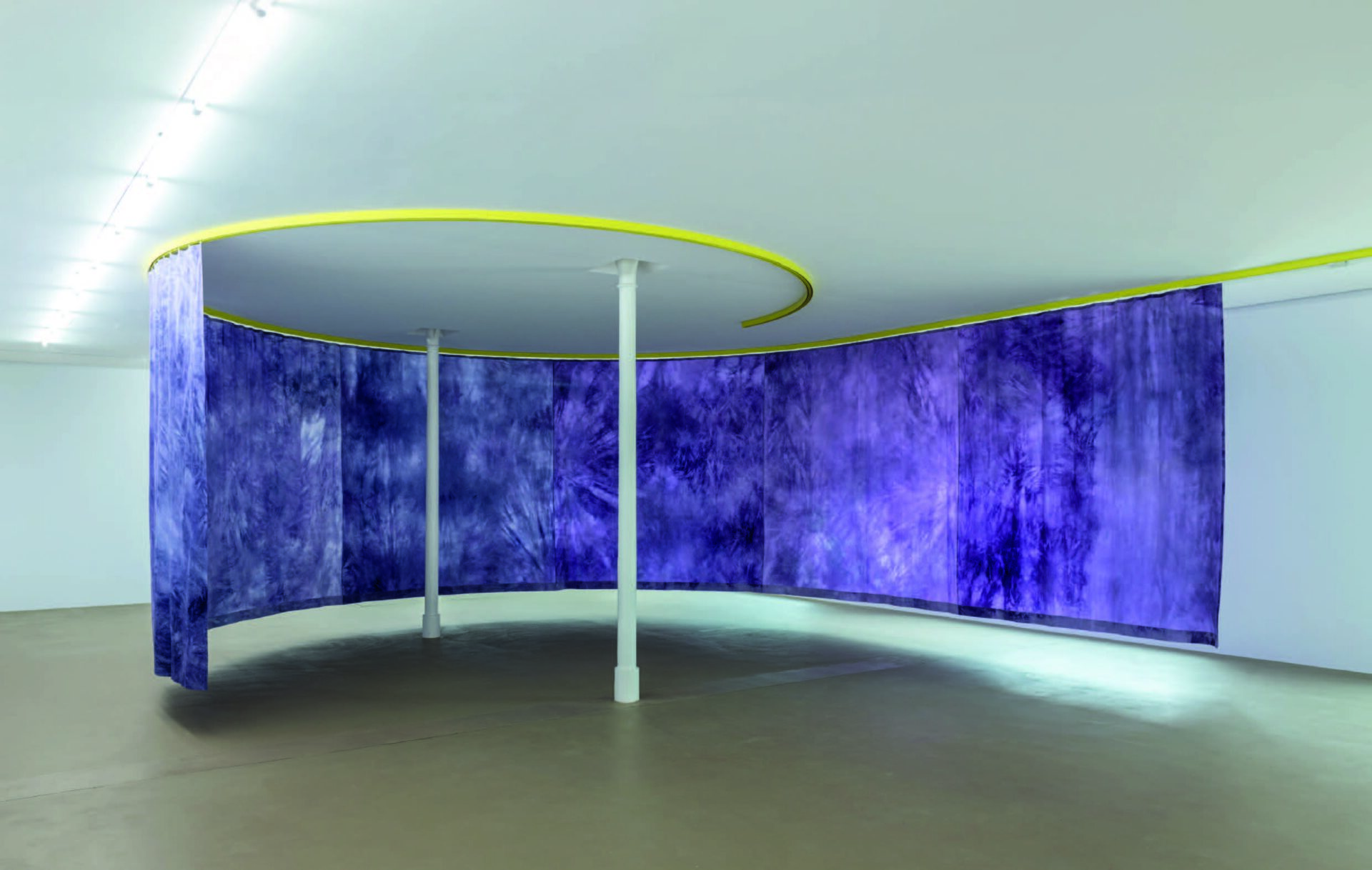
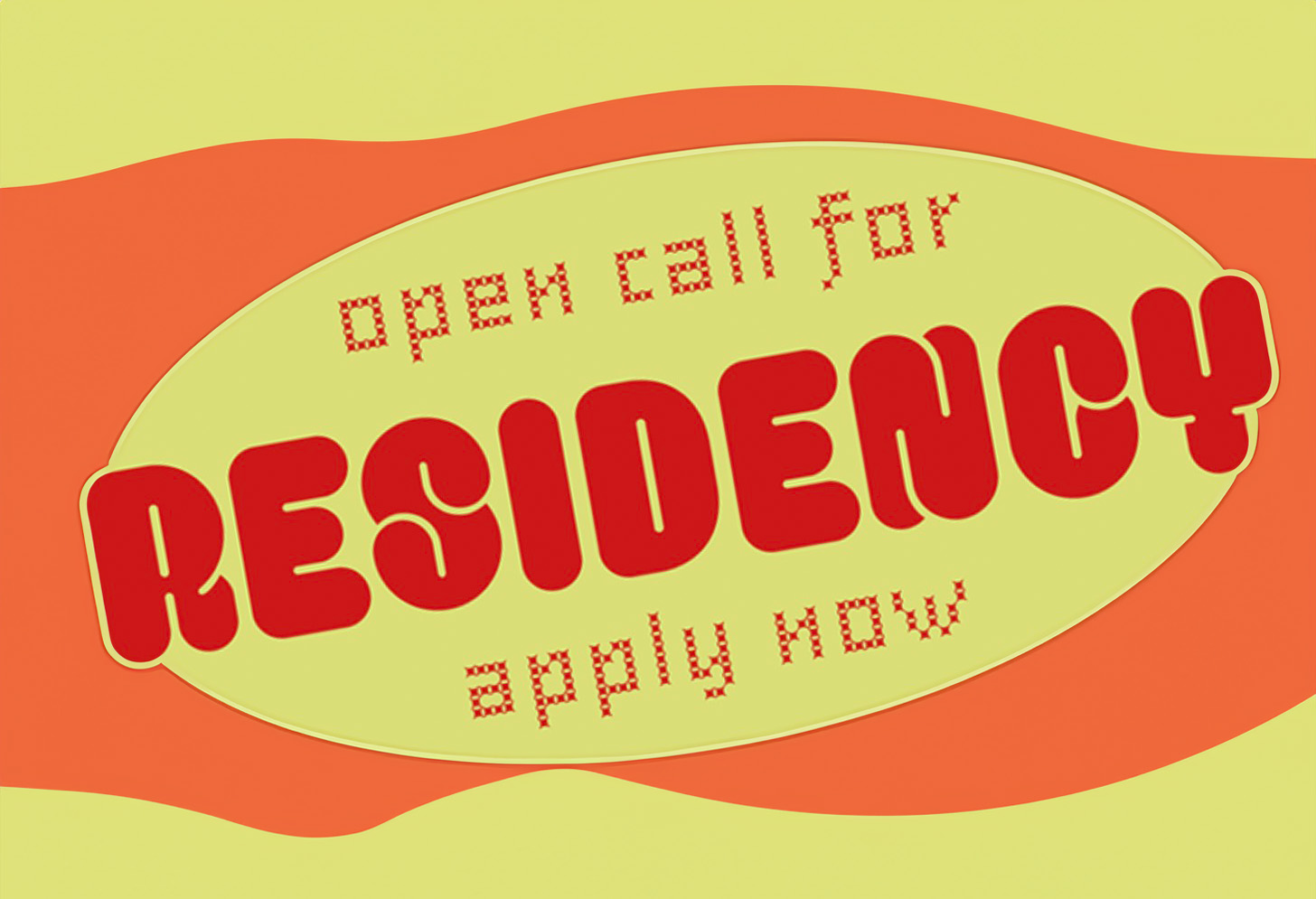
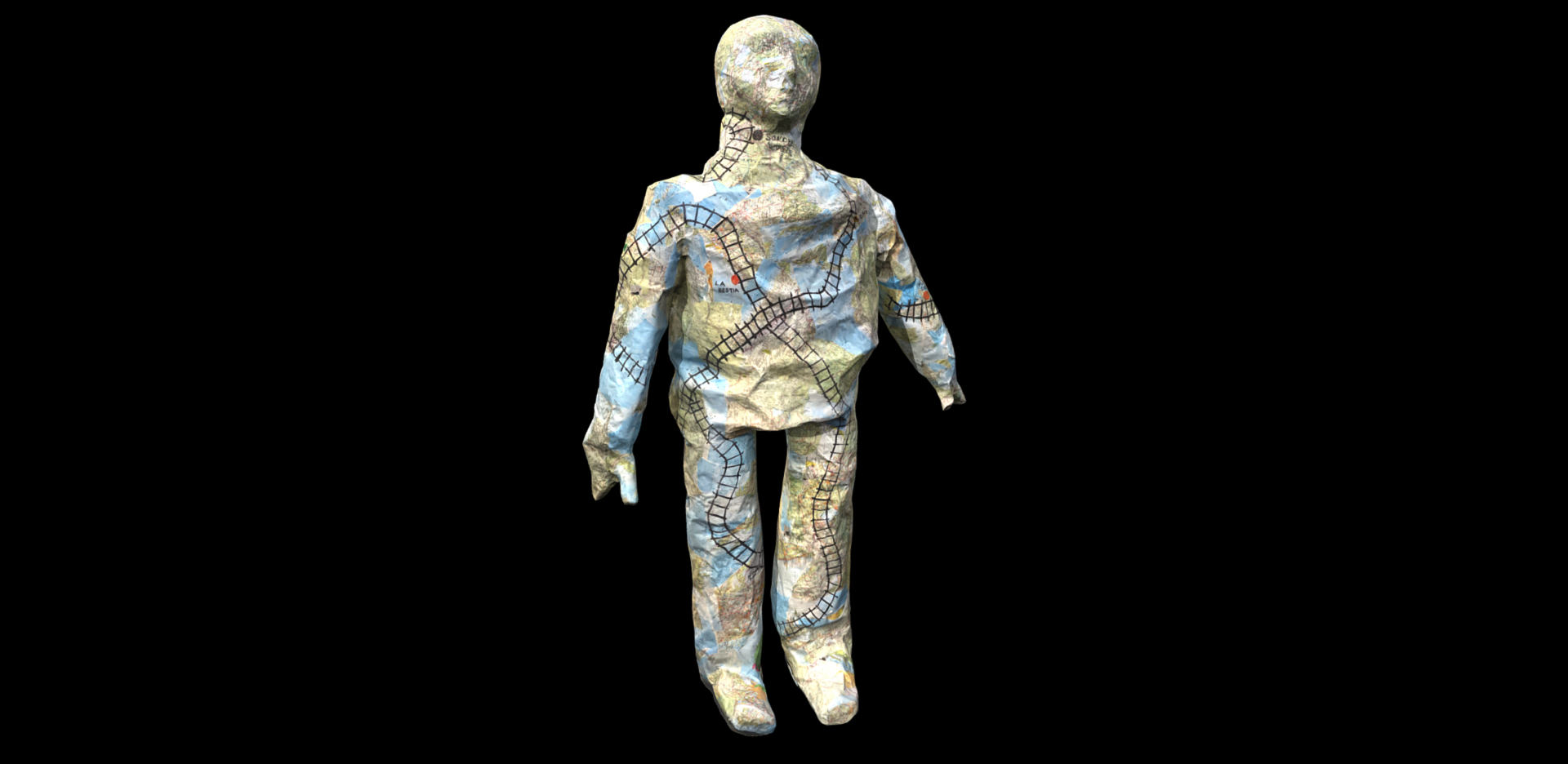
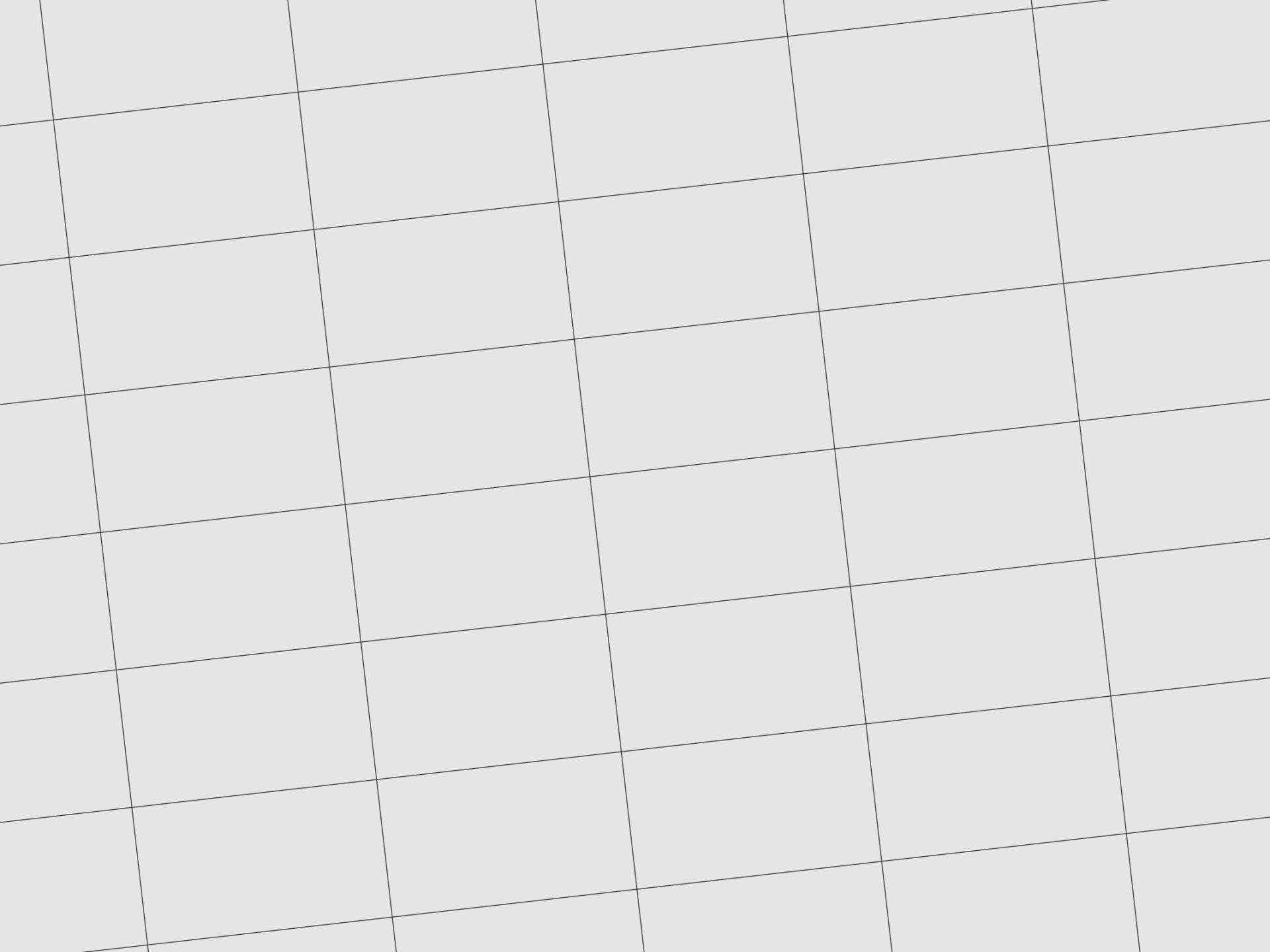
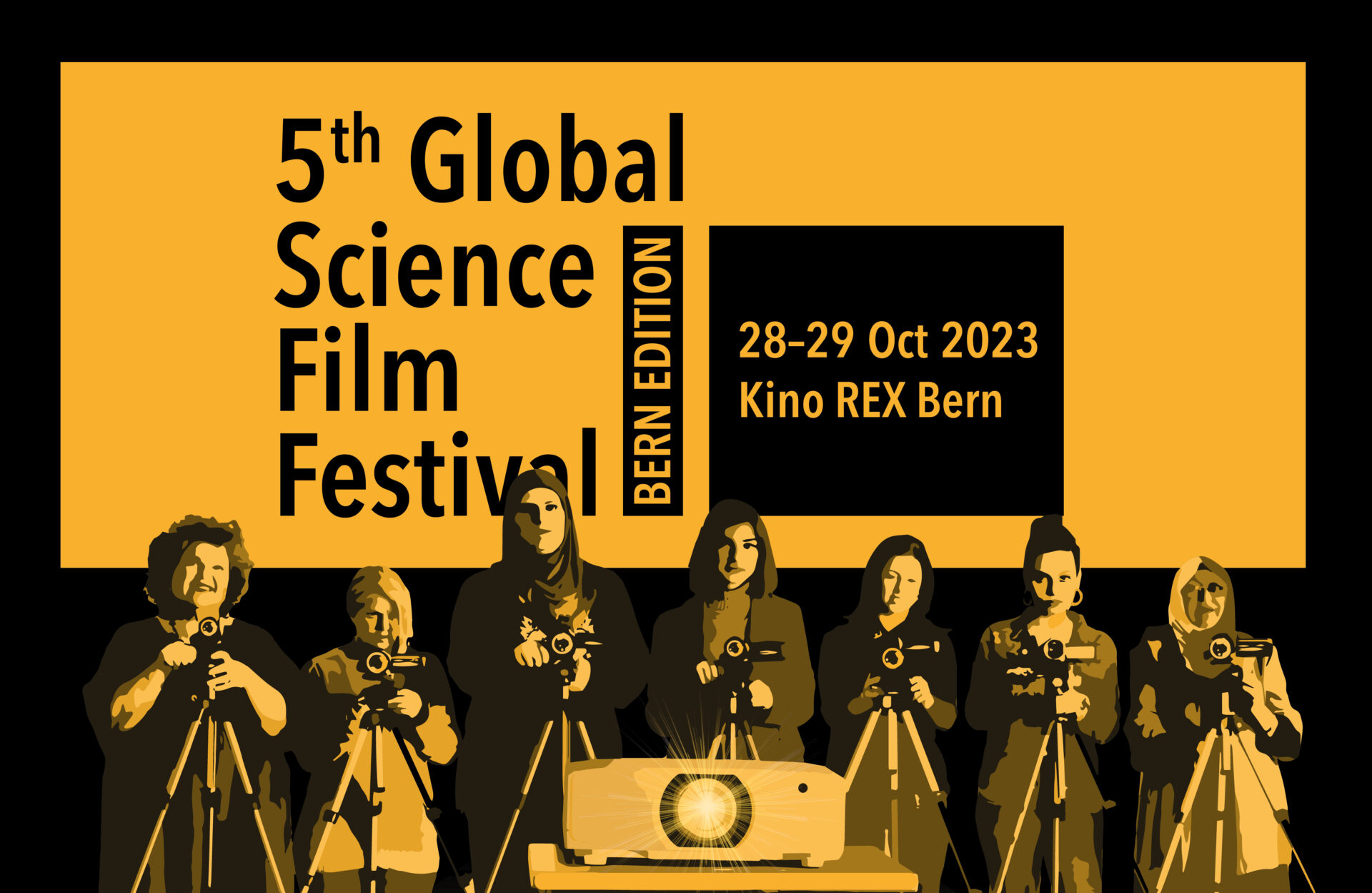
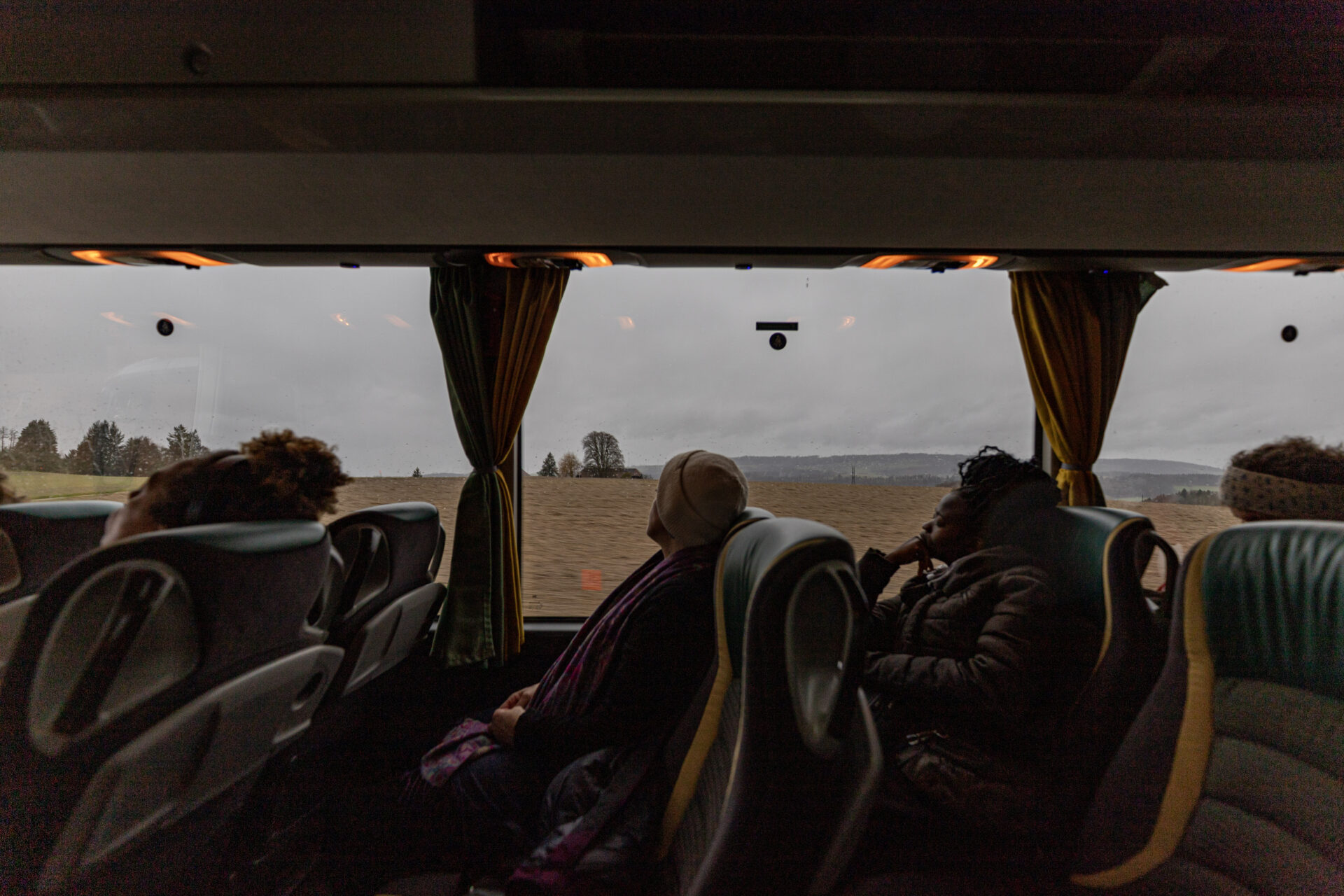
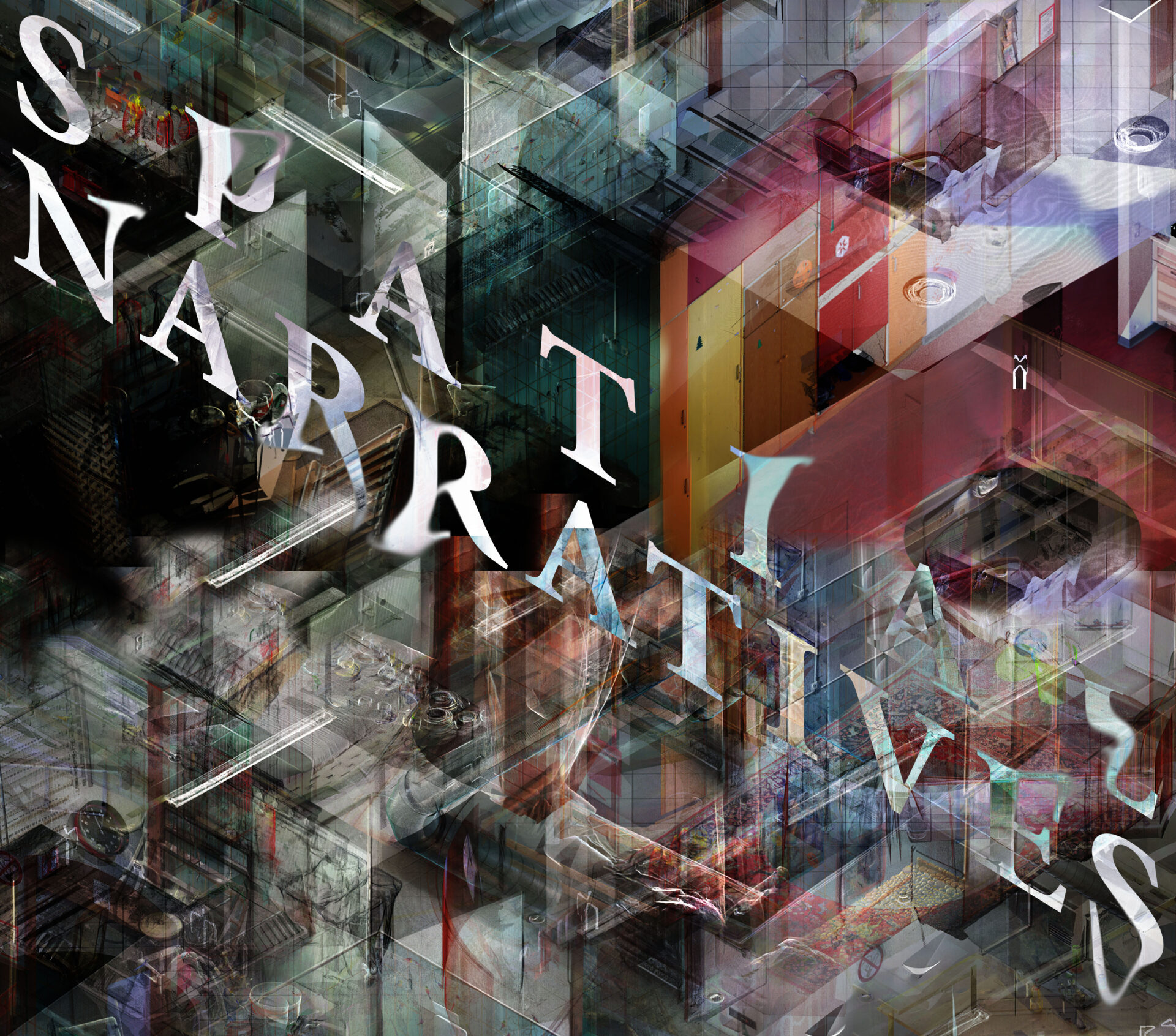
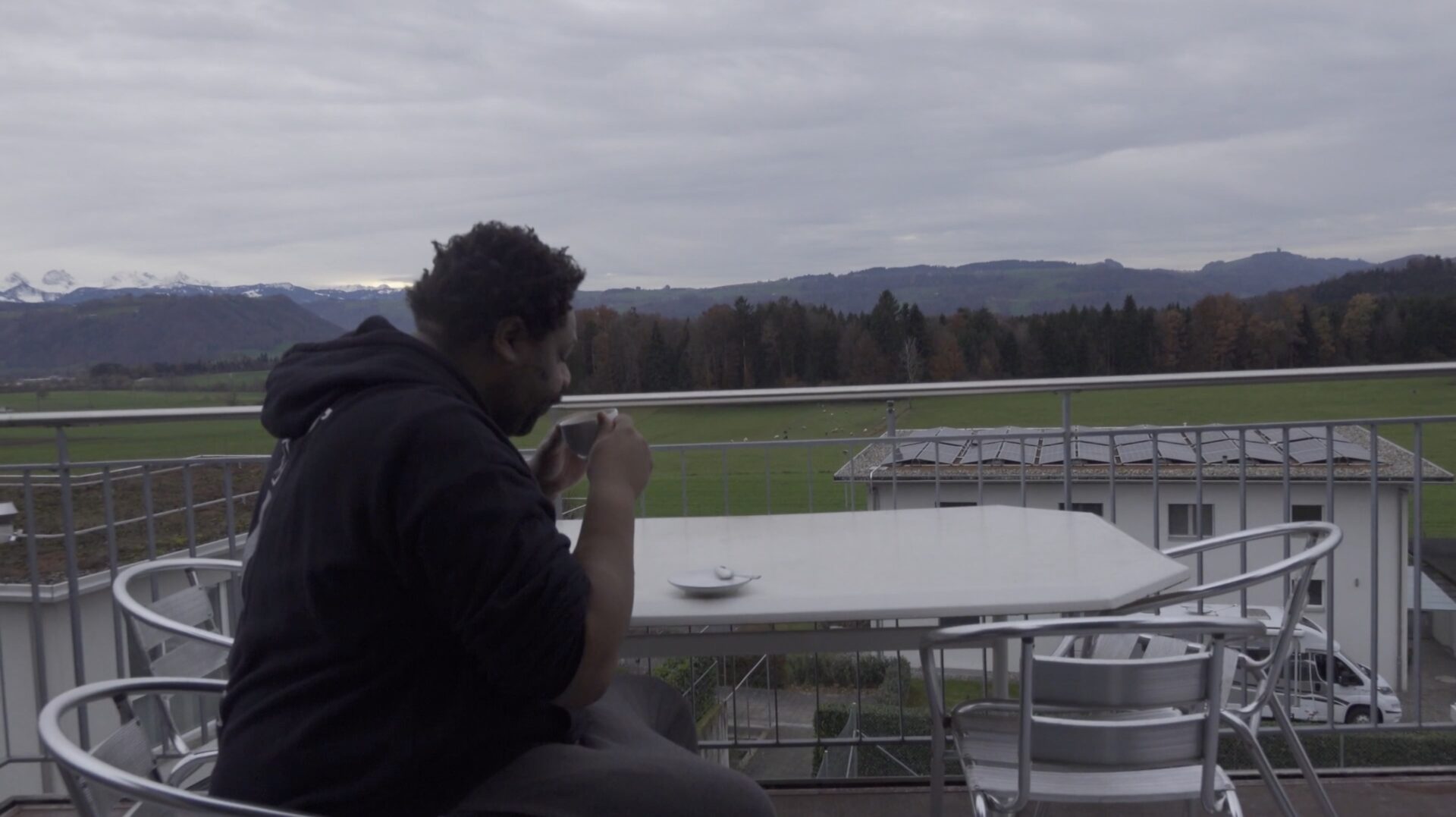
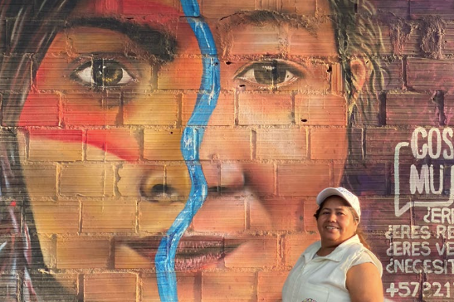
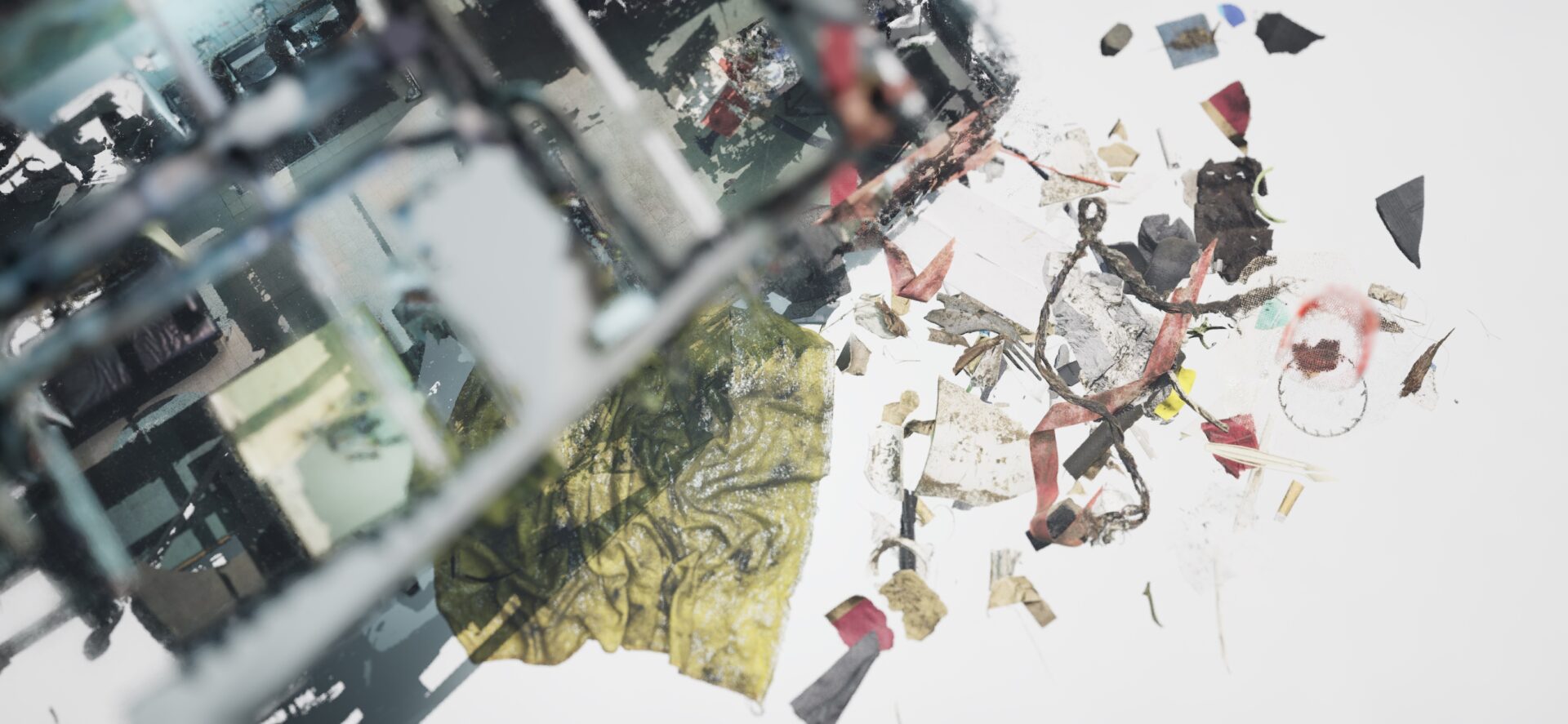

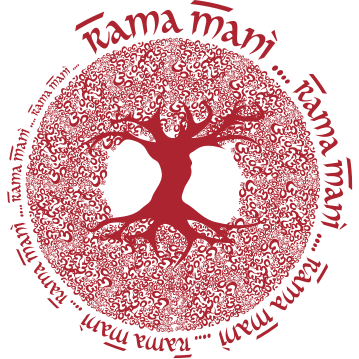
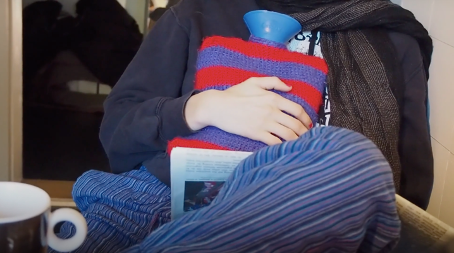


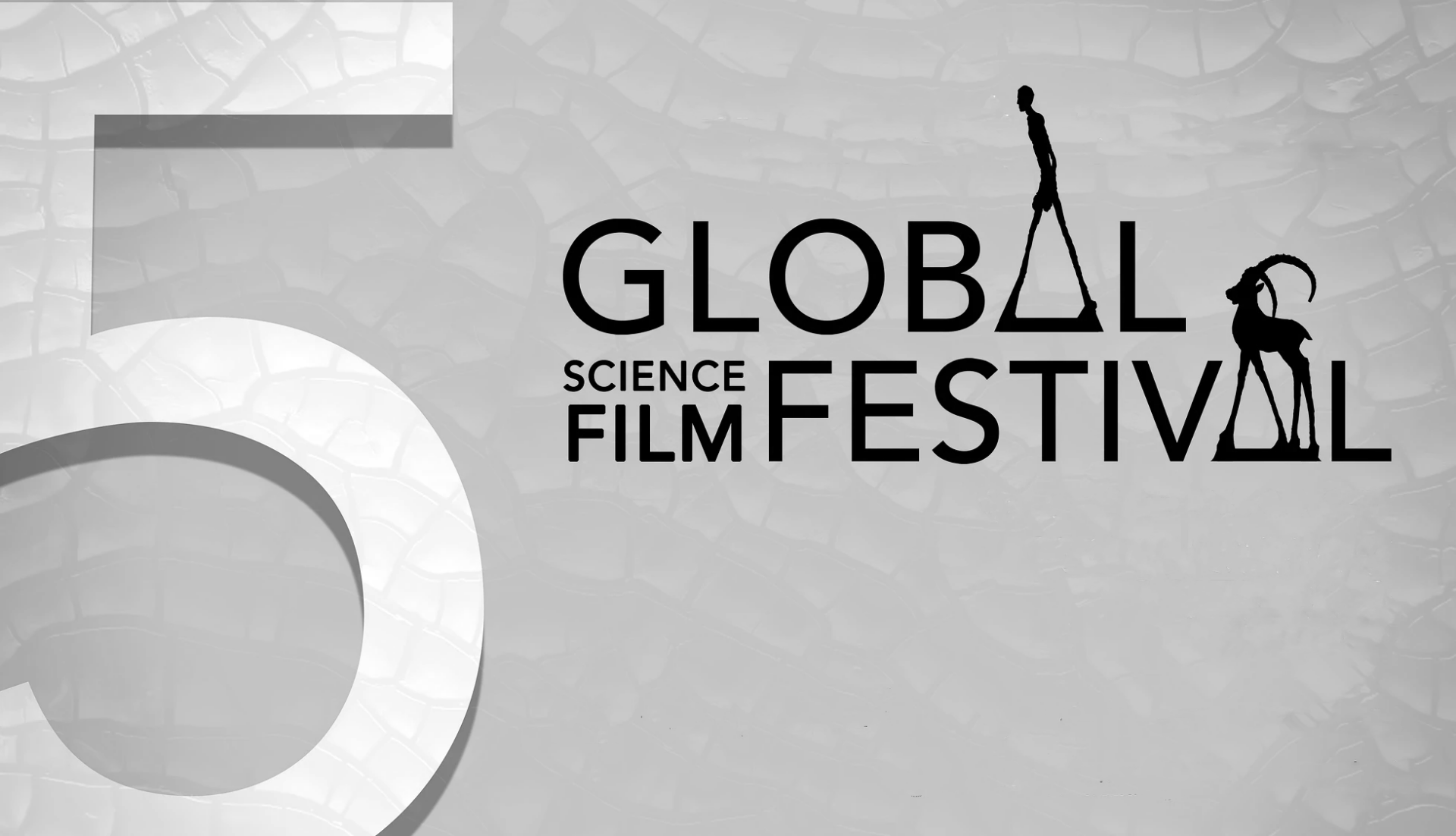

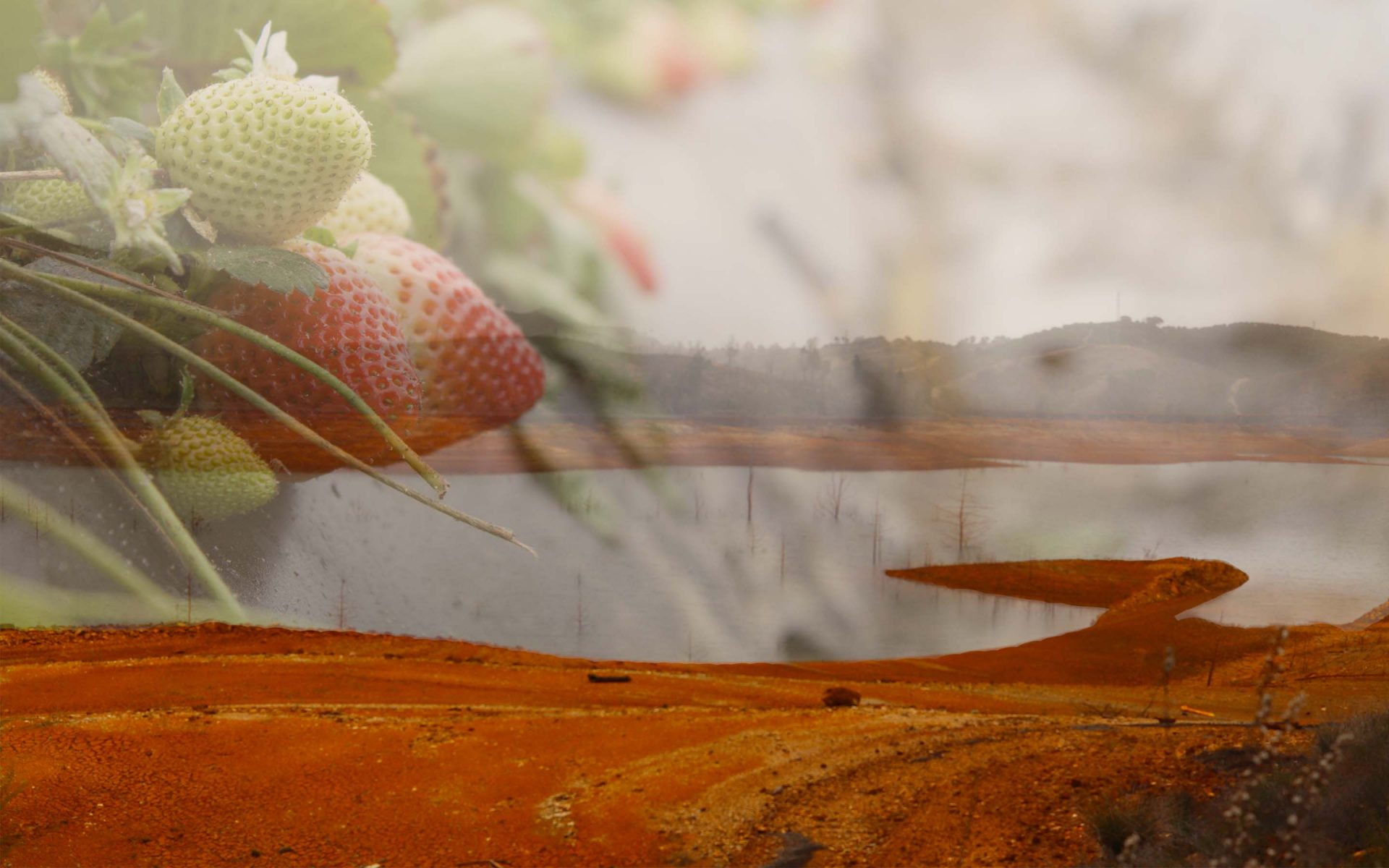
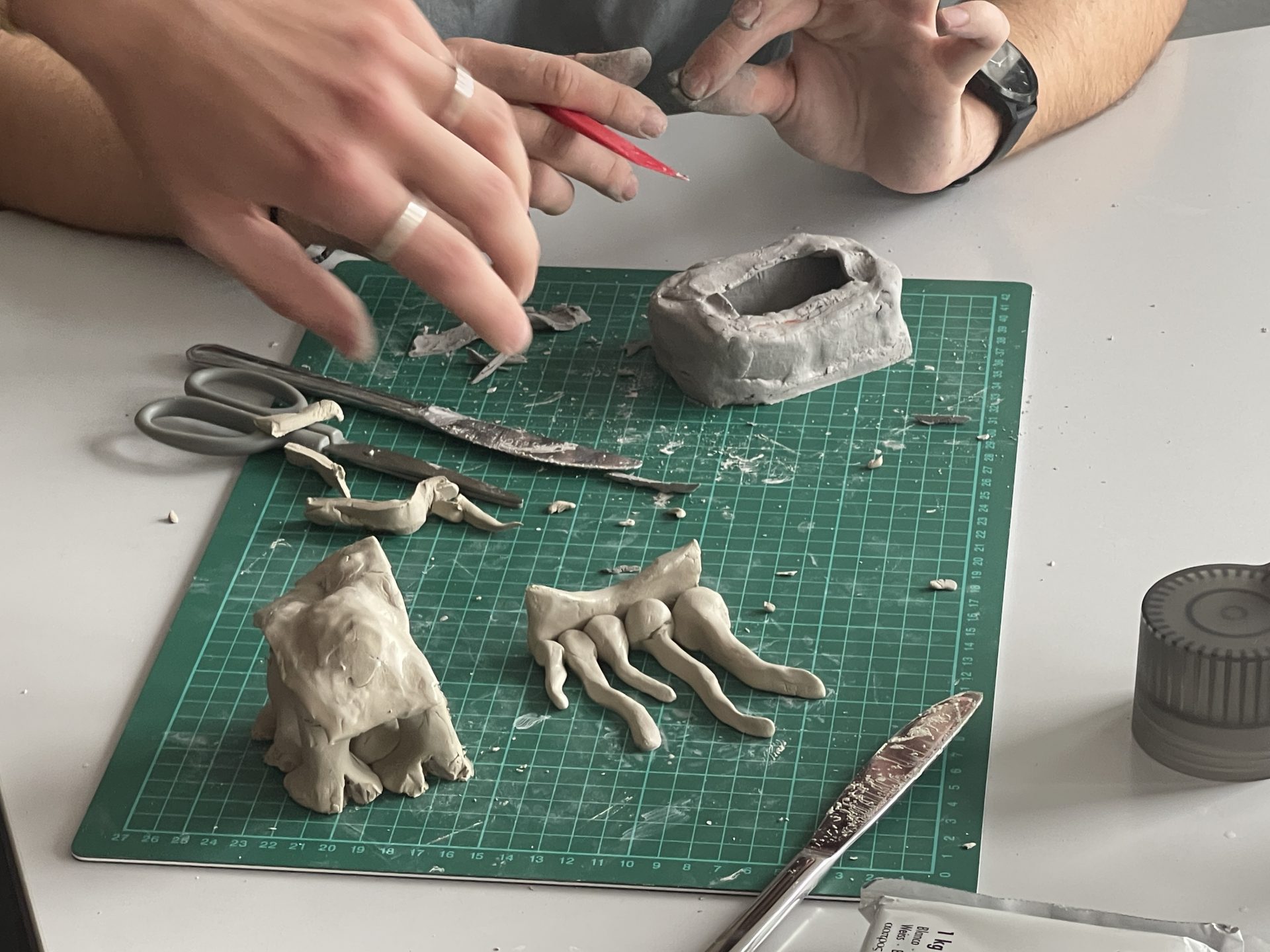
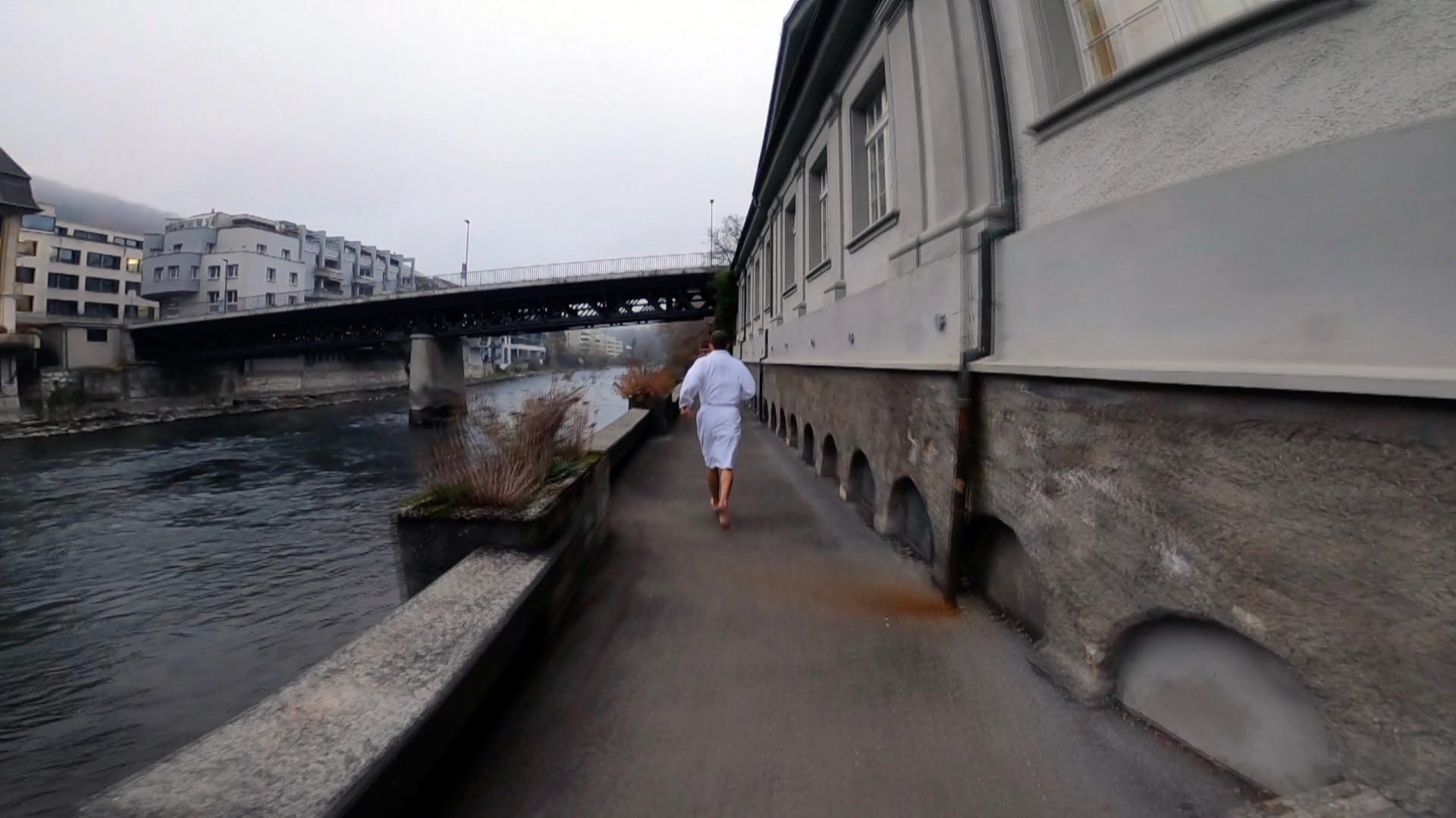
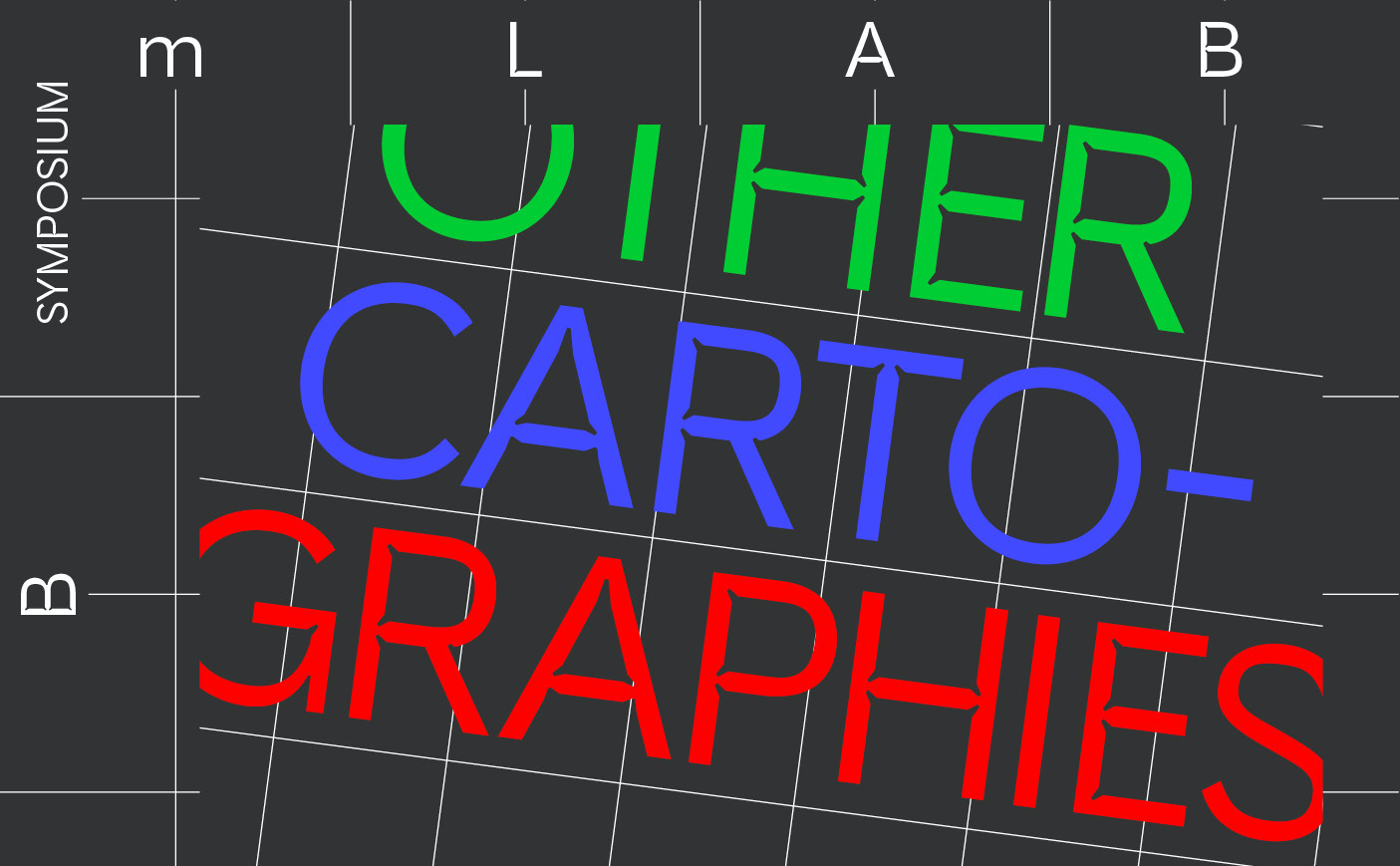
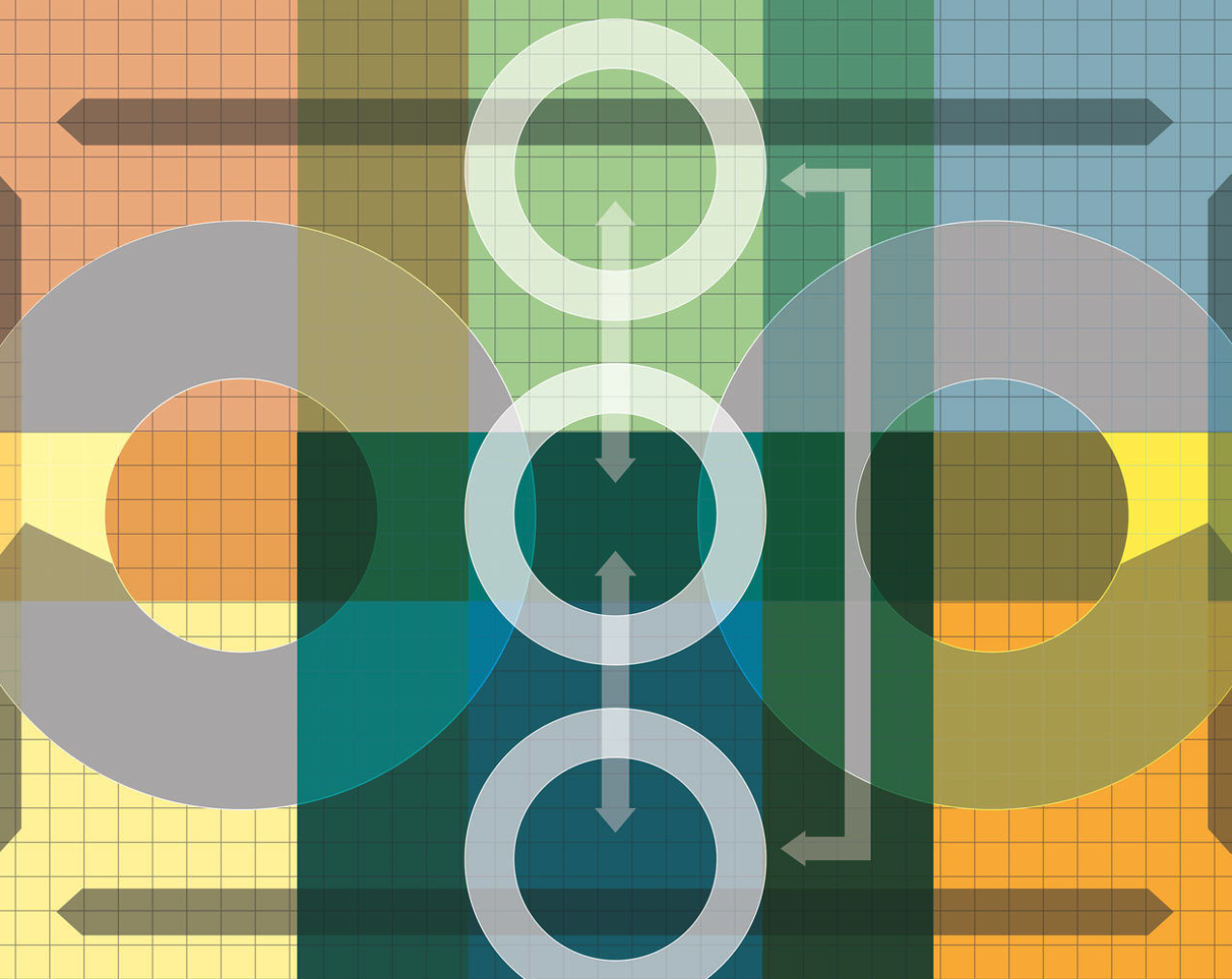
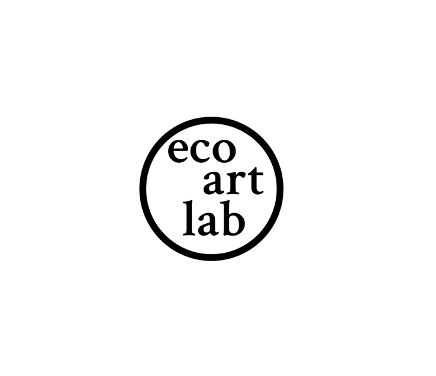

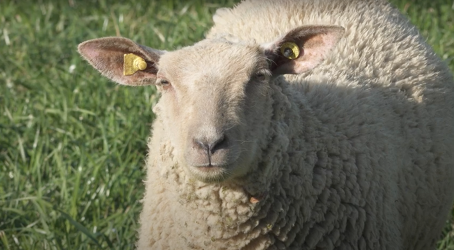

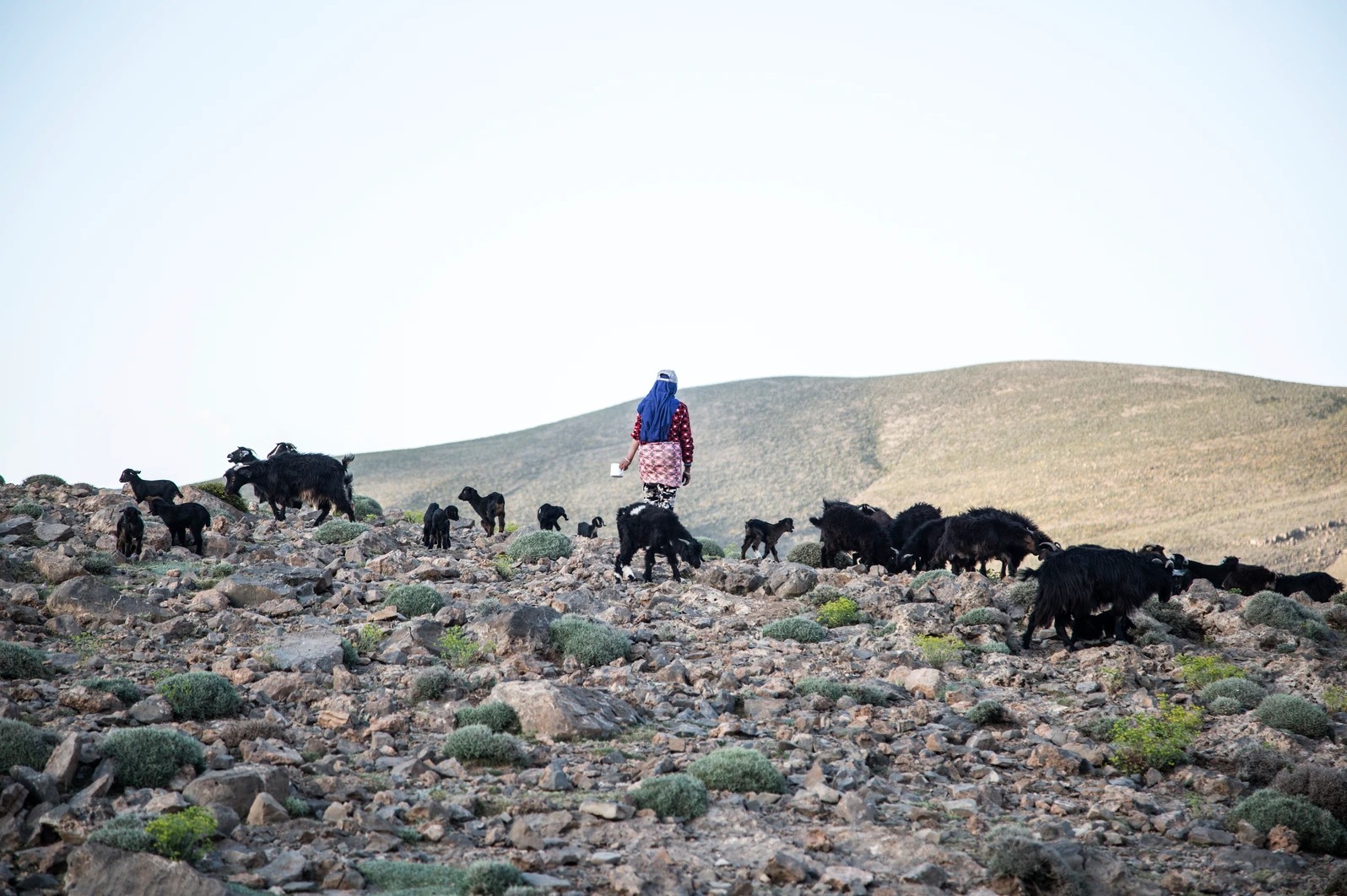
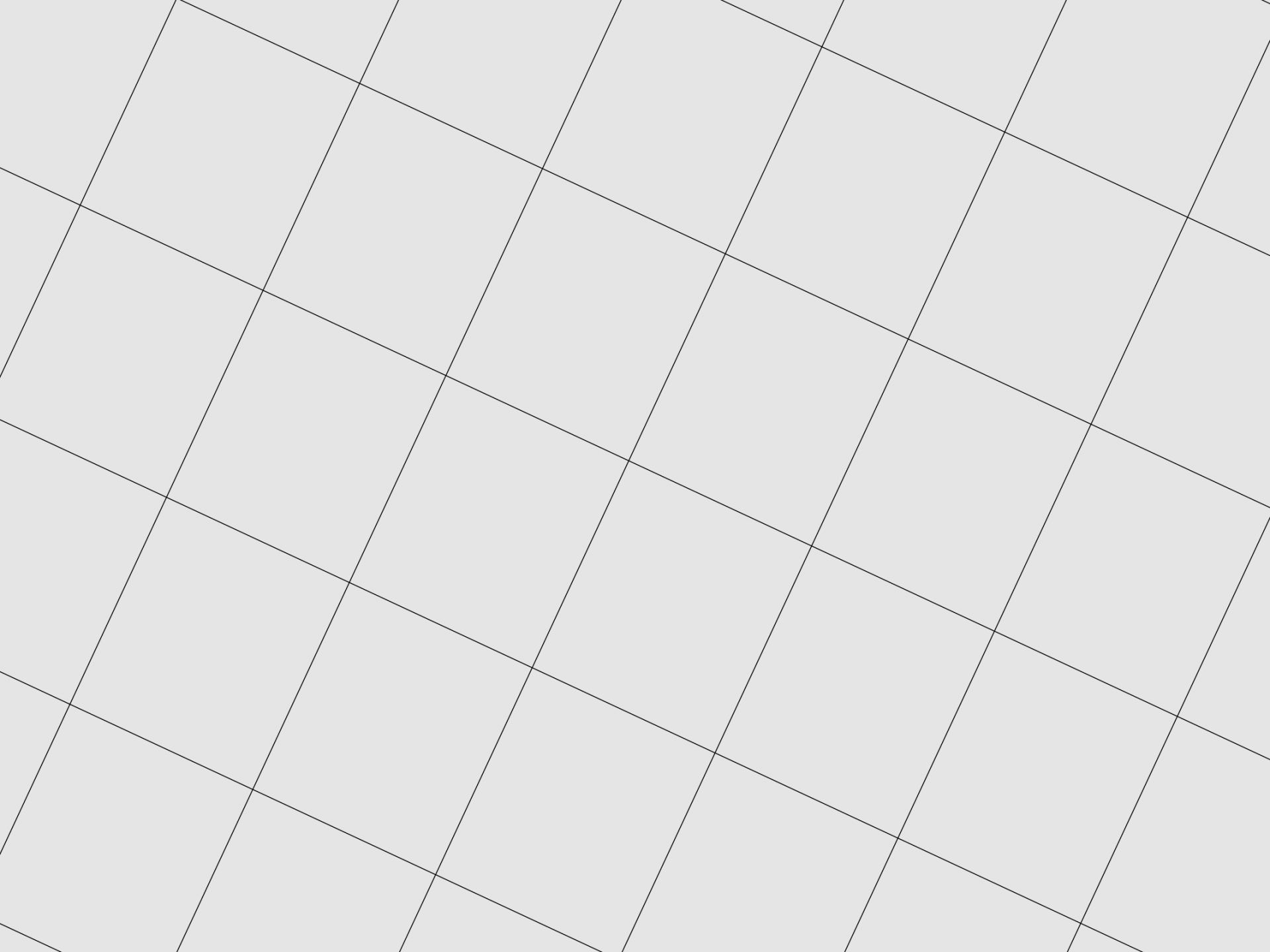
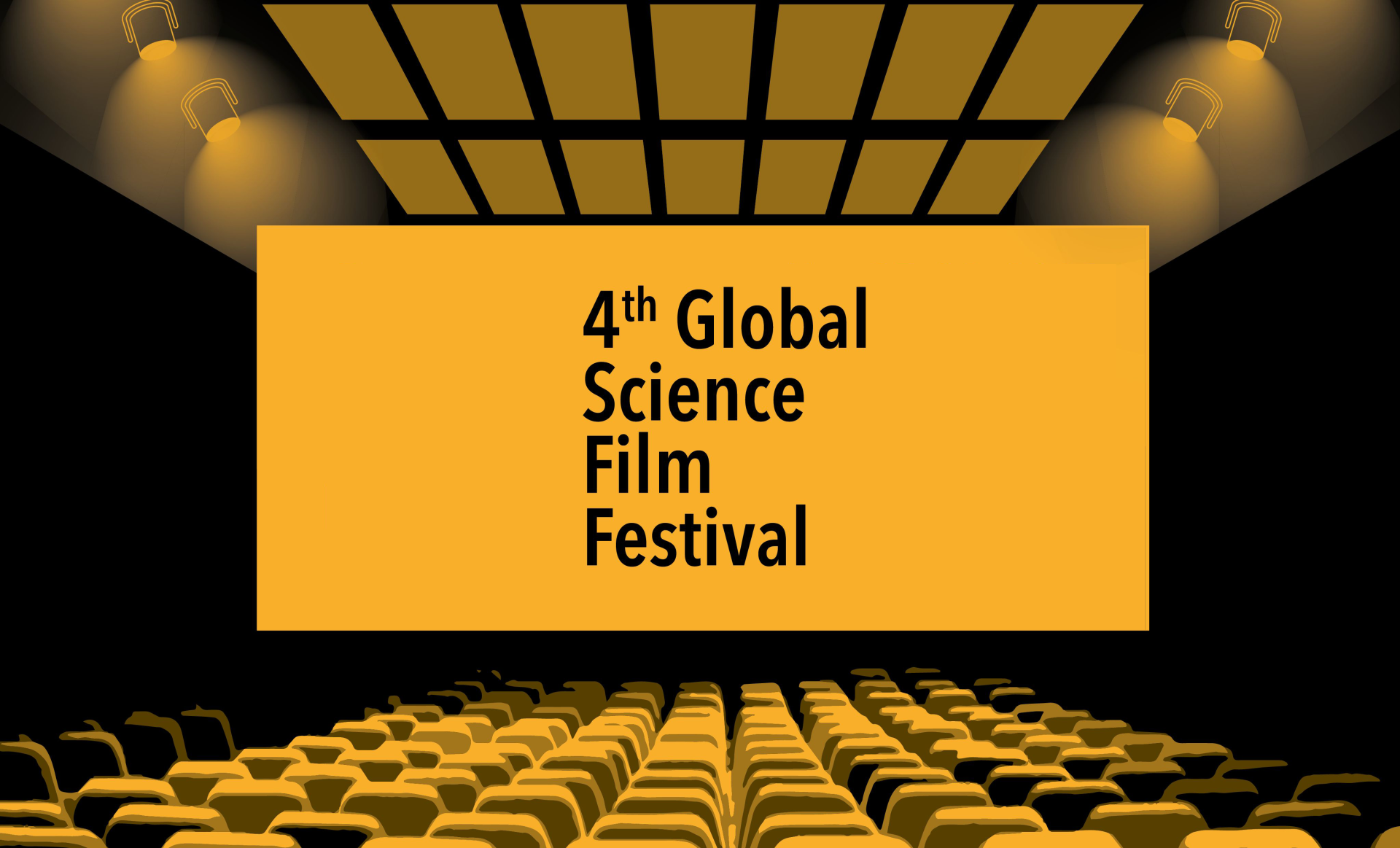
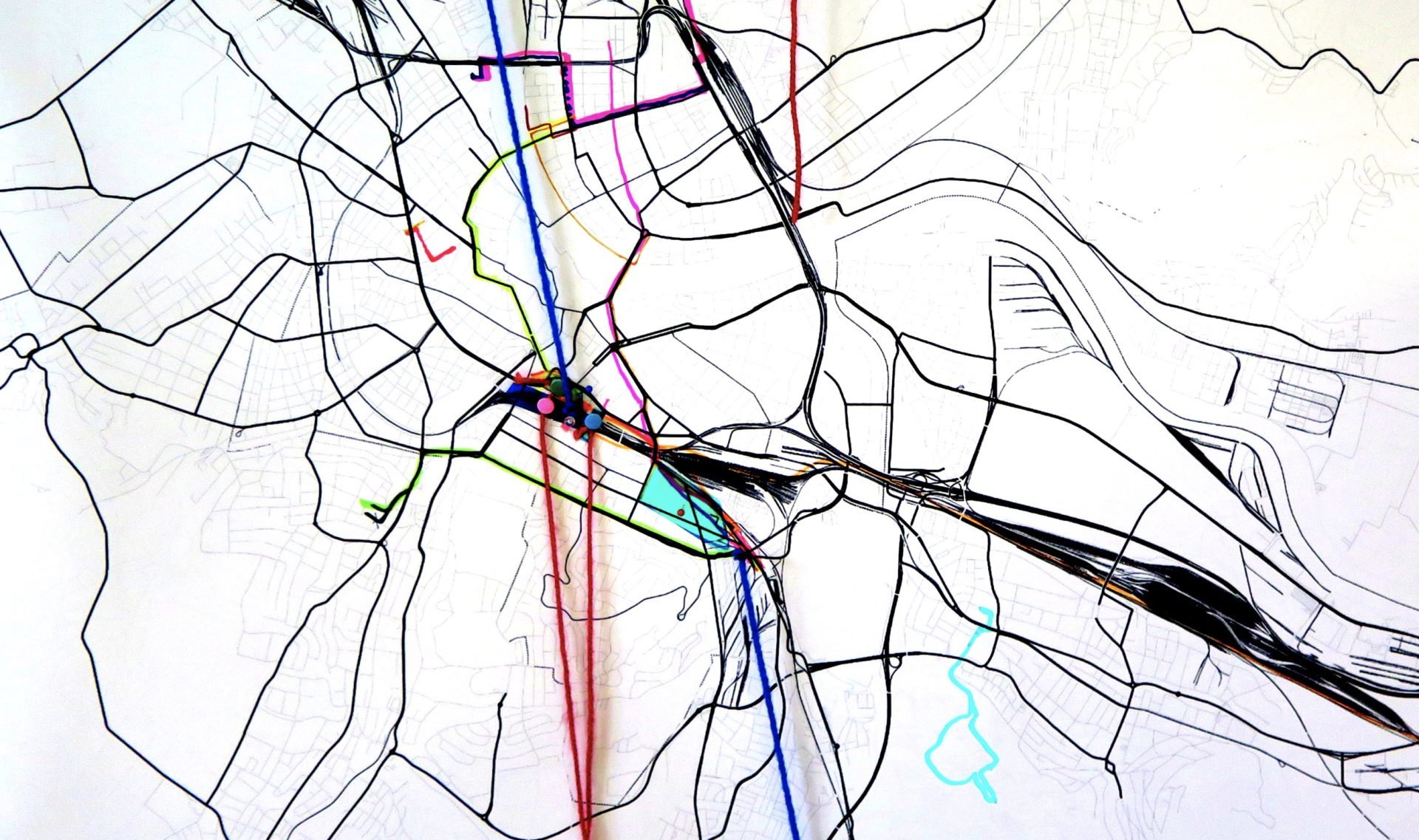

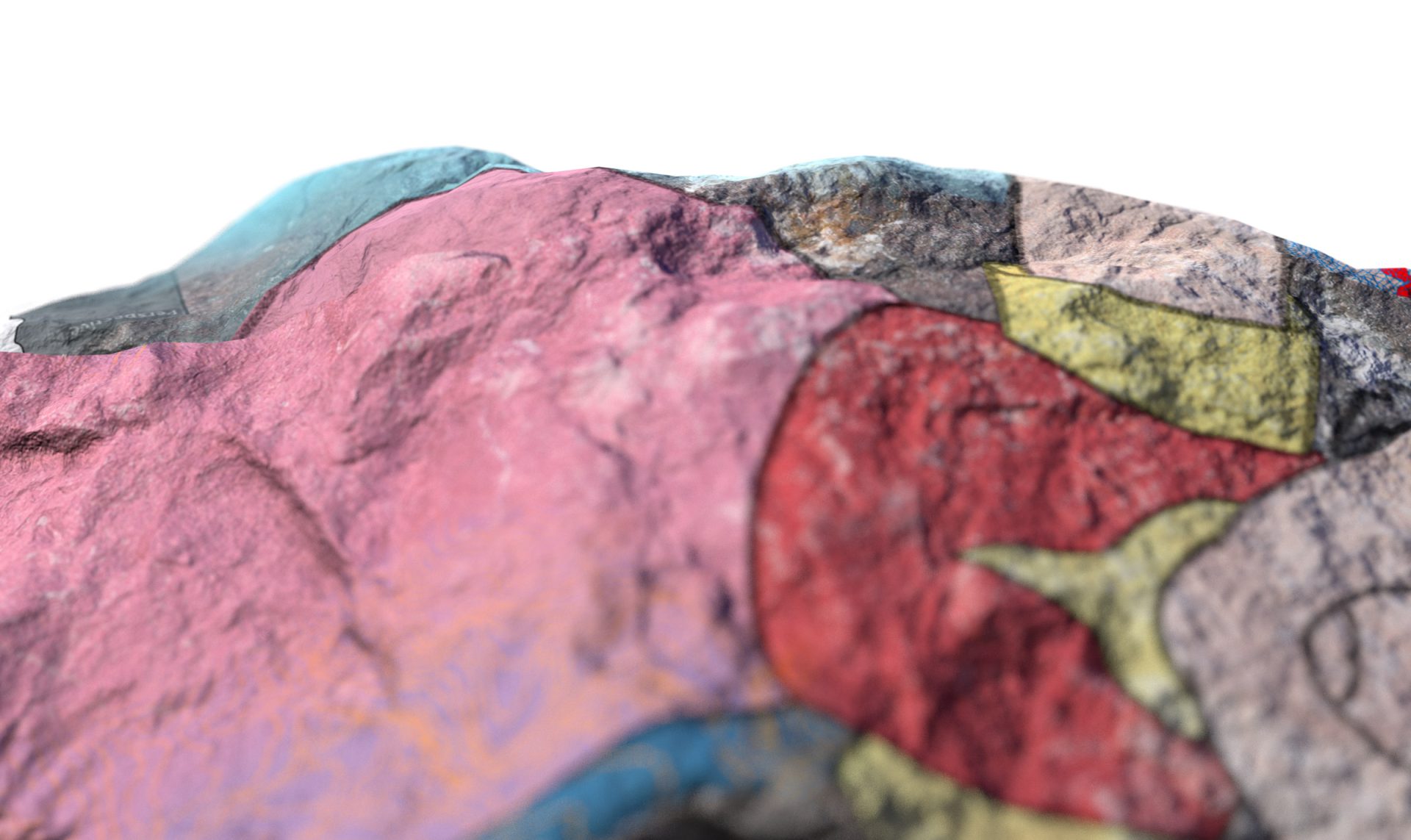

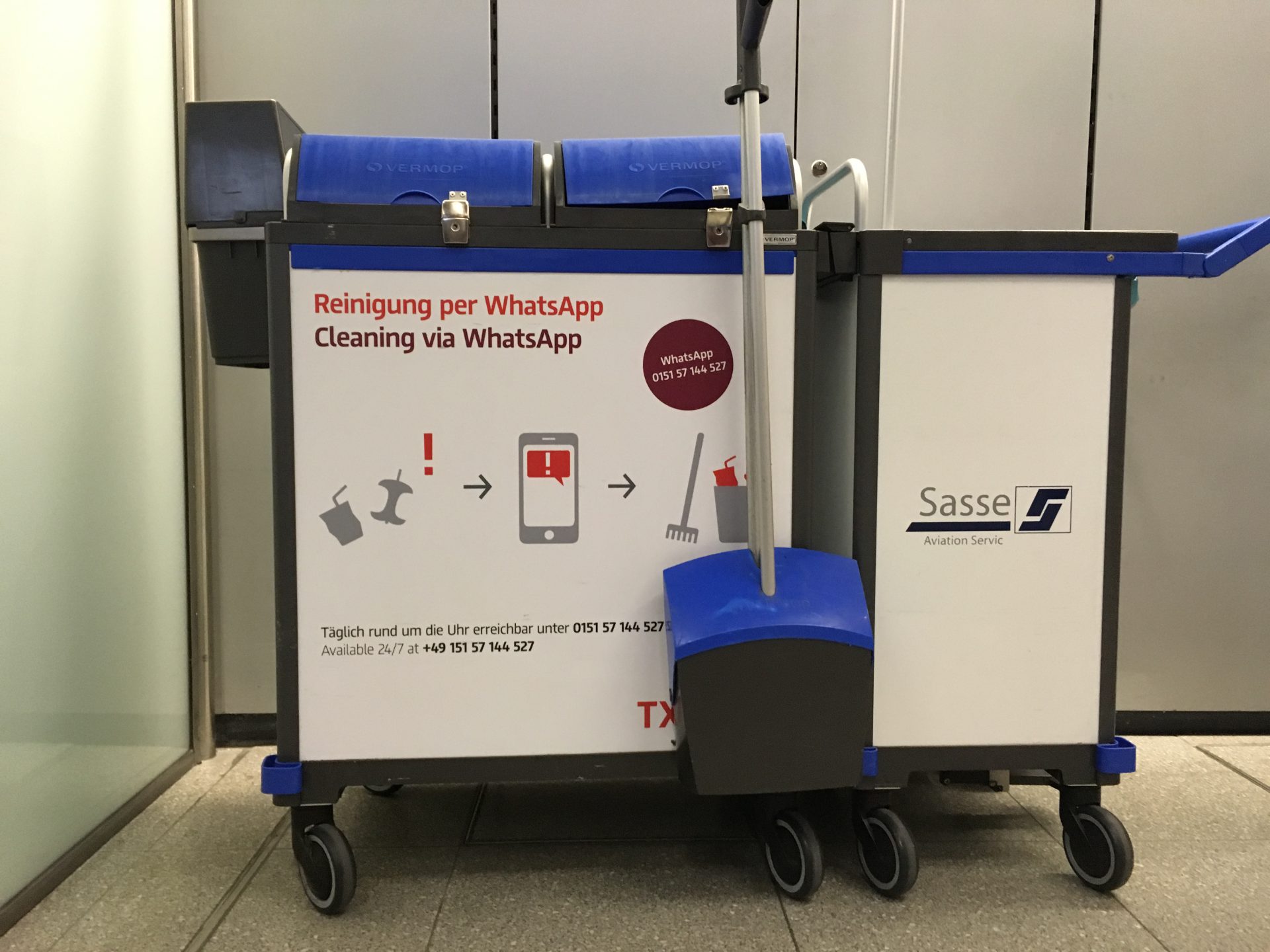
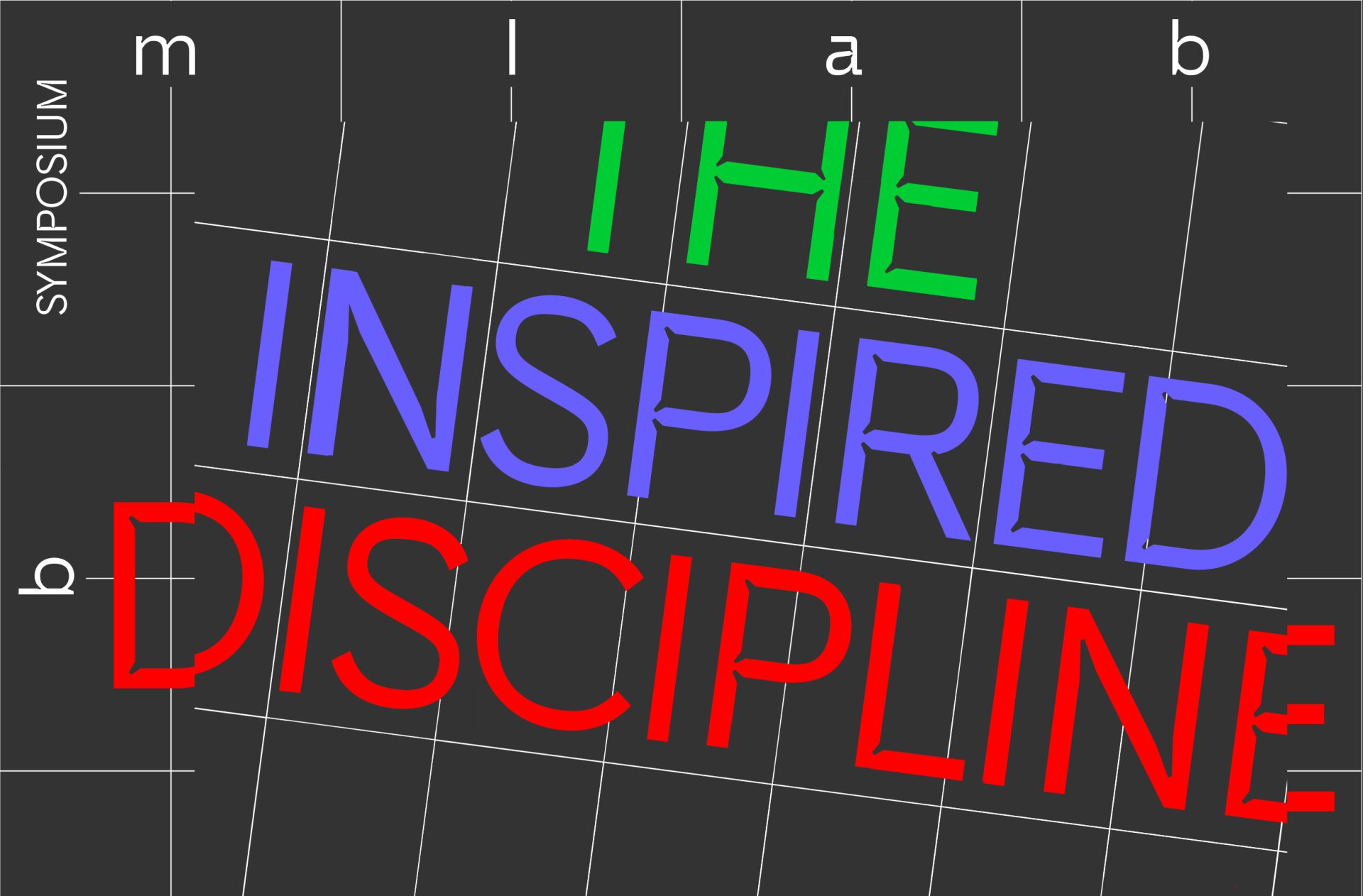
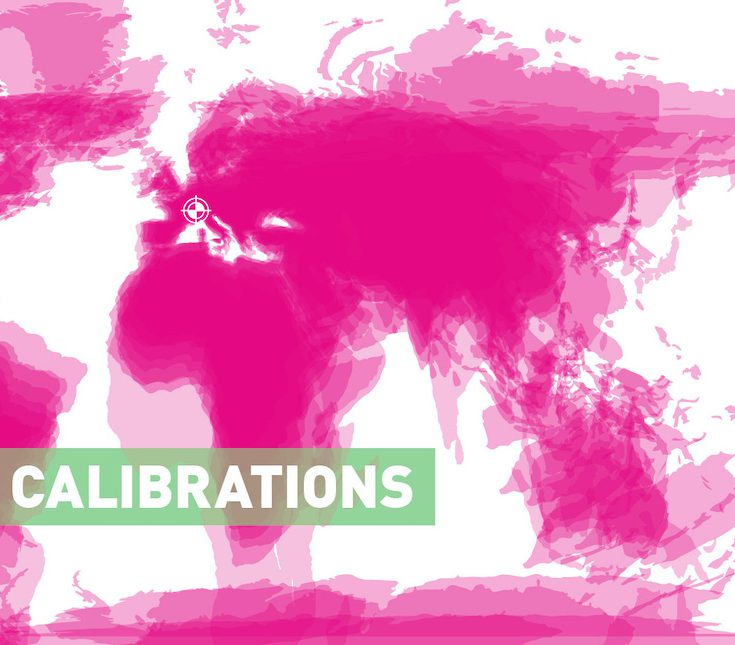
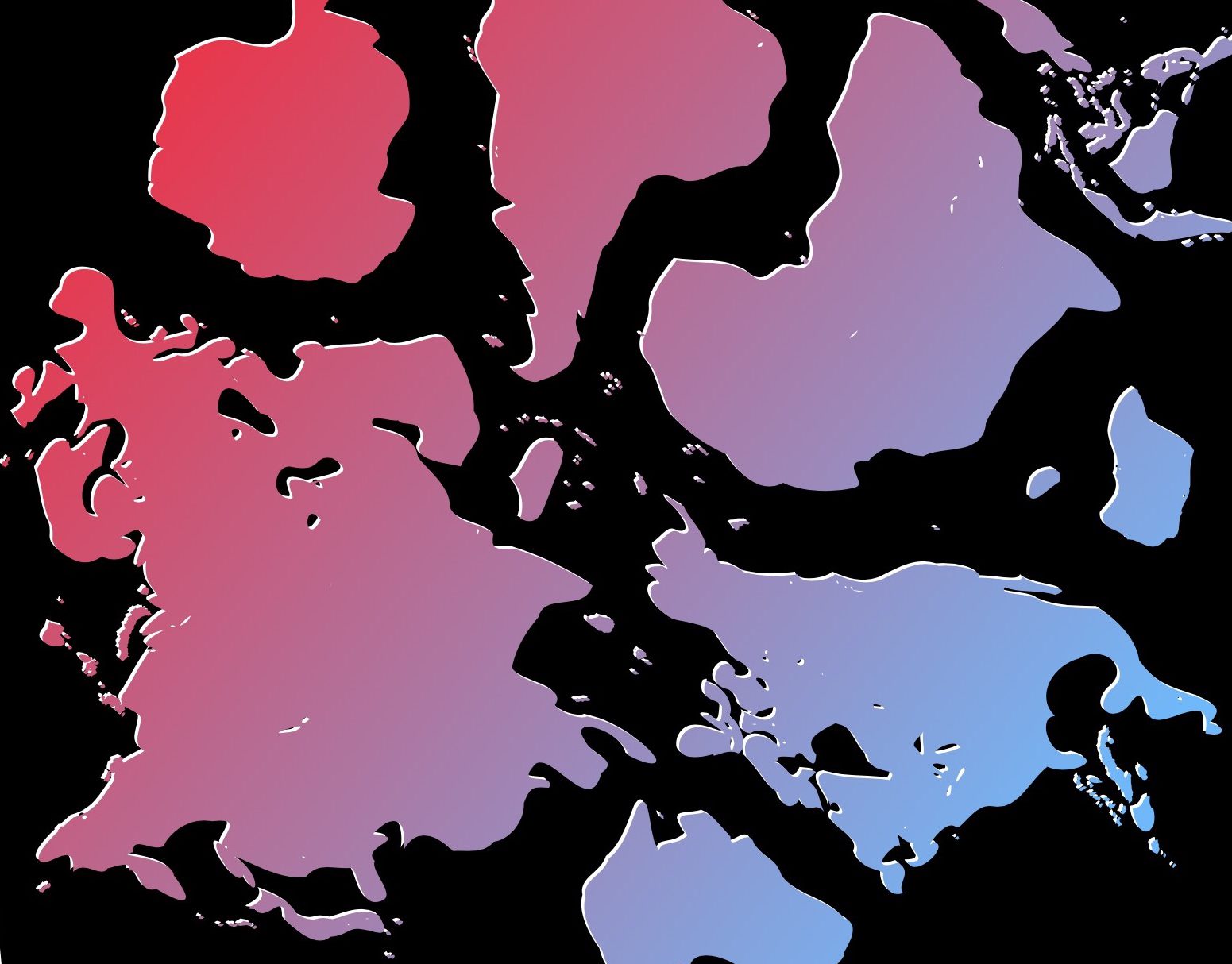
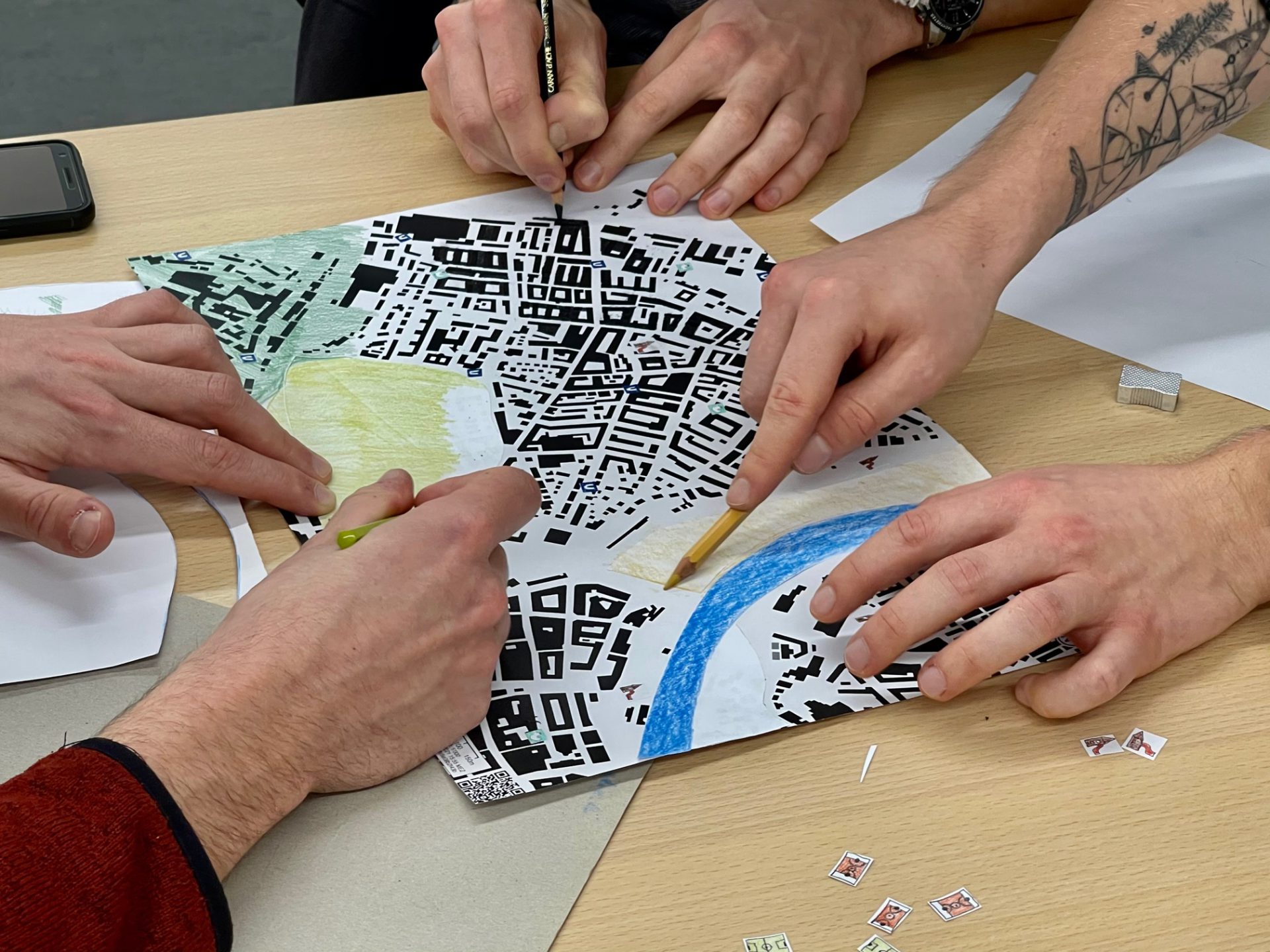

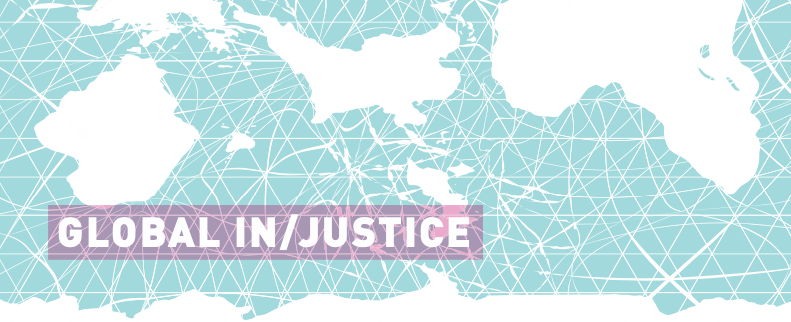
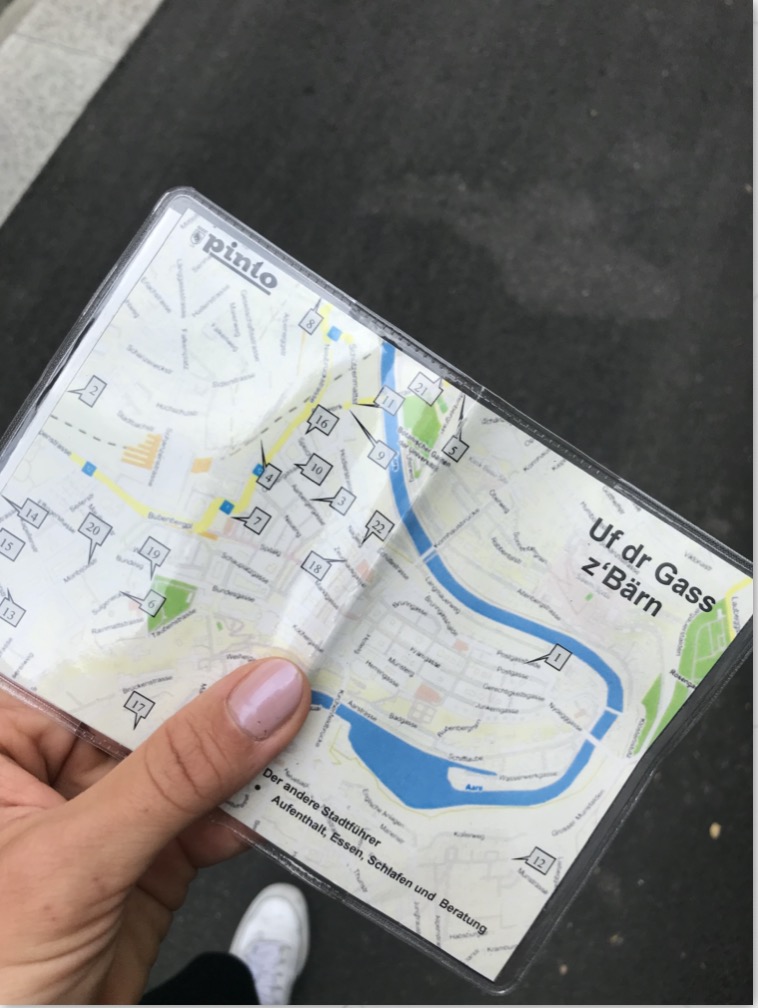
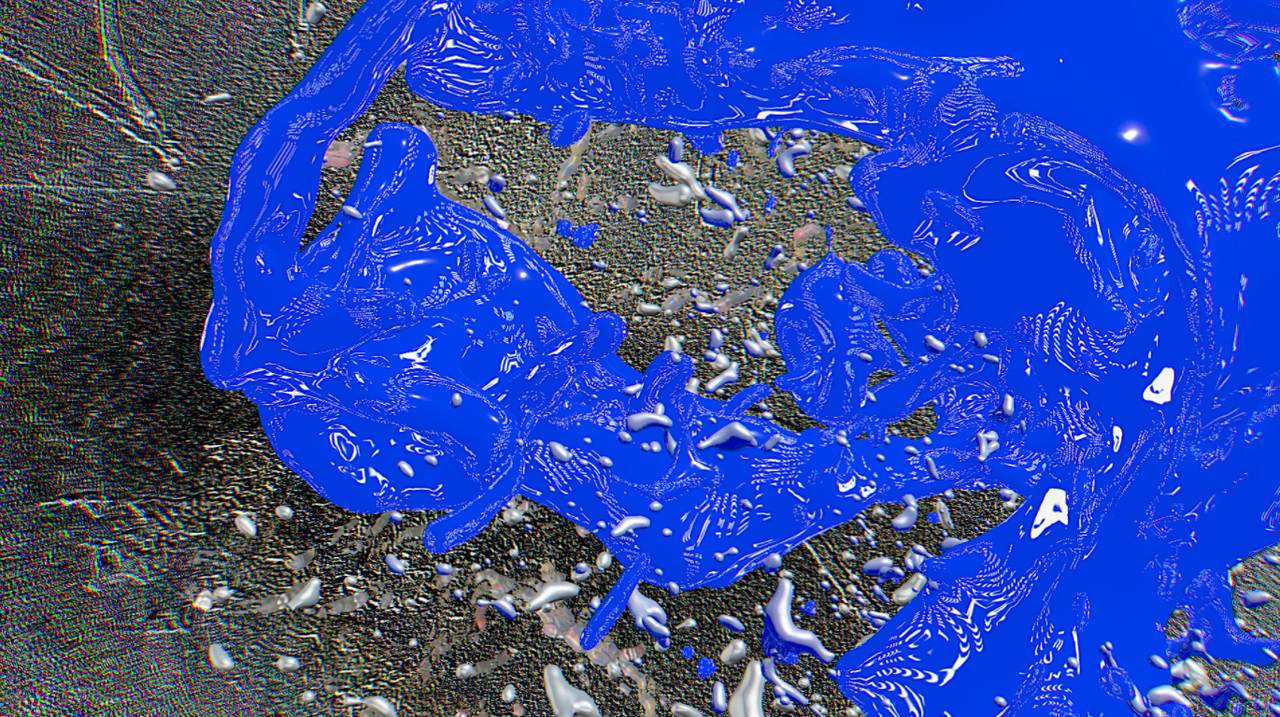

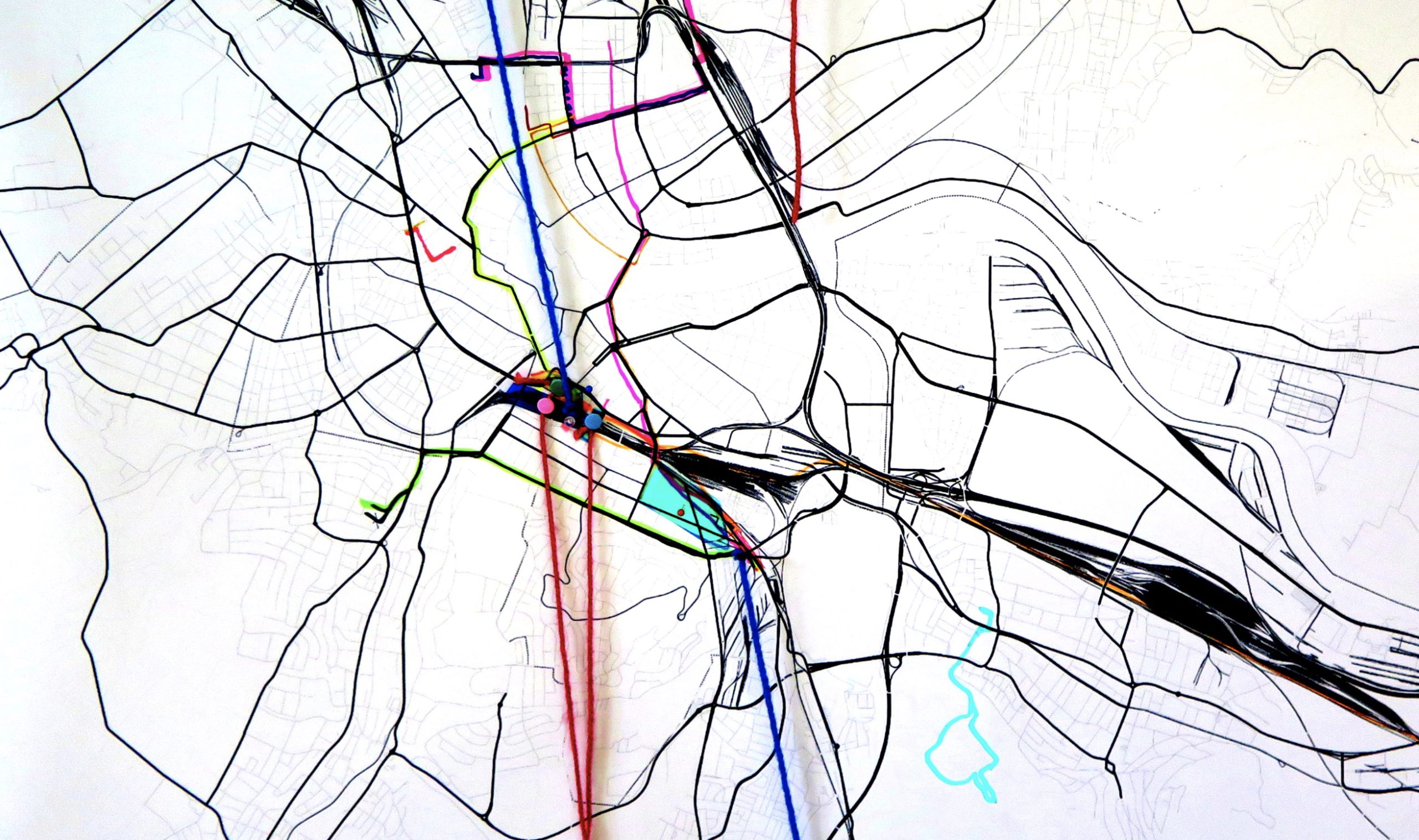
As part of the mLAB residency un/certain calibrations, kollektiv orangotango together with mLAB and collectives, counter-cartographers and artists such as Nepthys Zwer & Philippe Rekacewicz ( visionscarto), Gabriela Fenner (Geobrujas) and Miodrag Kuč ( ZKU) will join forces to explore new ways into a pluriverse of counter-cartographies – “Mapping Possible Worlds” (MPW). This exploration is embedded in the ongoing project This Is Not an Atlas which beyond a book evolved into a transnational dialogue on counter-cartographies as well as a growing network of counter-mappers and a series of events.
Traditional cartography is built on the assumptions of exact measurement, certain calibrations, standardization and other cartographic norms, which can result in the illusion of objective geographic knowledge. The mission of counter-mappers is to challenge this cartographic illusion. Critical geographers like William Bunge or Denis Wood, artists like Trevor Paglen or Bureau d’etudes, activists like Gwendolyn Warren or Erin McElroy and indigenous groups like the Mapuche are part of a growing cartographic counter-movement. They are challenging the objectivity and hegemony of dominant cartographic representations with their maps “from below”. The struggle over geographical imaginations becomes even more multifaceted in the era of multiple digital, online and crowd-sourced mapping platforms.
Against this backdrop, Mapping Possible Worlds (MPW) aims to be a dis-orientation guide for our ongoing journey. MPW hopes to raise consciousness for both the pitfalls of mapping and the potential of counter-mapping. MPW wants to inspire students, artists, and activists to pick up this powerful tool. Therefore kollektiv orangotango wants to make counter-cartographic experiences and methods accessible through (digital) formats and methodological instructions. To this end, we will combine geographic reserach, elements of art, popular education, activism, cartography and video making.




kollektiv orangotango is a network of critical geographers, friends and activists who deal with questions regarding space, power and resistance (https://orangotango.info/).
Paul Schweizer (kollektiv orangotango & This Is Not an Atlas)is a geographer and popular educator. At the Institute of Human Geography in Frankfurt, he studied youth cultures in urban peripheries of cities such as Naples, São Paulo, and Istanbul. As a member of kollektiv orangotango, he co-organizes, curates and creates collective art projects in public space. After having co-edited “This Is Not an Atlas”, he participates in collective mapping processes in Europe and Latin America to foster global dialogues of counter-mappers. He works as a lecturer at University of Applied Sciences and Arts in Basel as well as at the Institute of Geography, Hamburg University.
Severin Halder (kollektiv orangotango & This Is Not an Atlas) is a geographer and activist. He holds a PhD from Freie Universität Berlin, worked at the Humboldt University and lectured at different universities in Europe and Latinamerica on topics like critical cartography, political ecology and action research. As co-founder of kollektiv orangotango he works with popular education networks, community gardens, social movements etc. by combining critical geography and different forms of creative protest. He published various books, articles and videos. He has extensive experience in combining activist, academic and artistic work.
Dr. Alexander Vorbrugg is a geographer at GIUB. He has extensive experience in bringing together academic, activist and public work, including the organization of public lectures and debates, film screening, festivals and workshops etc